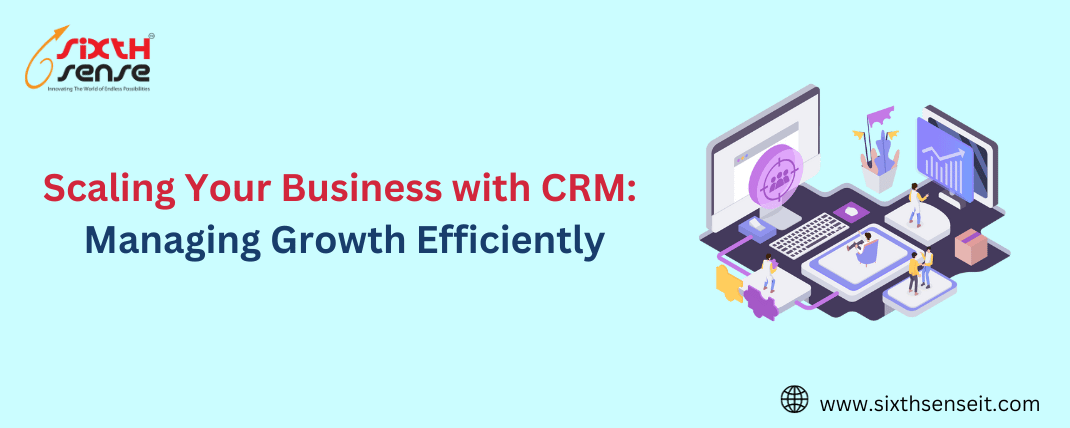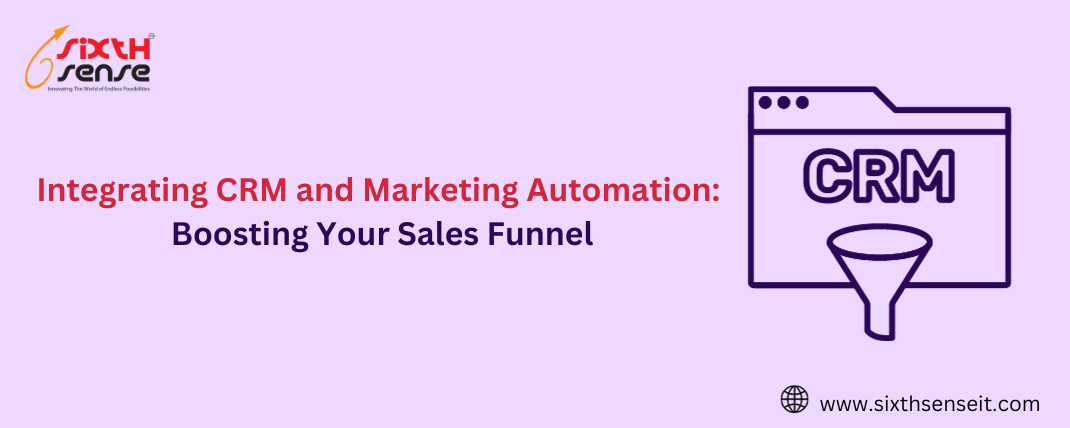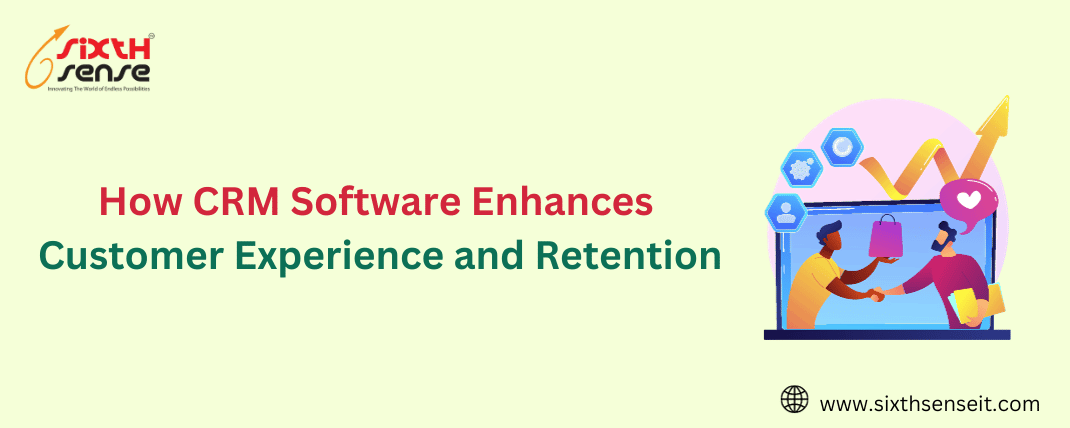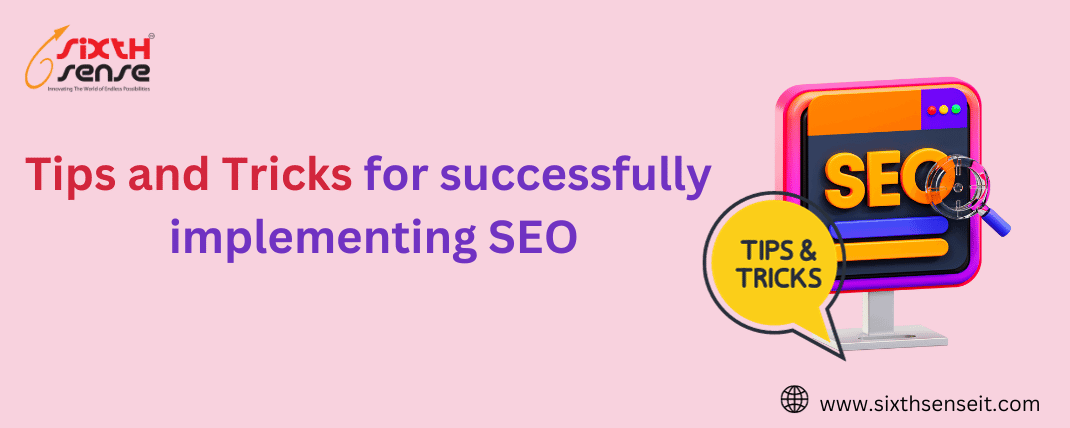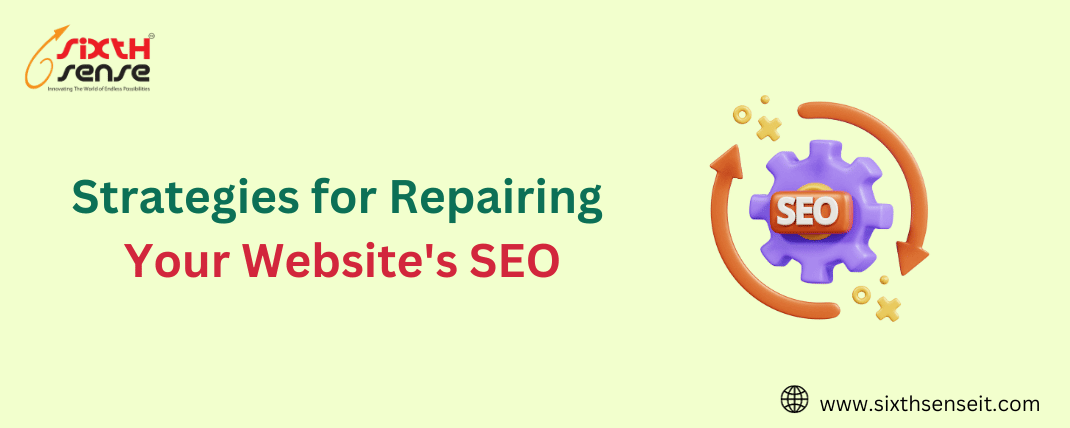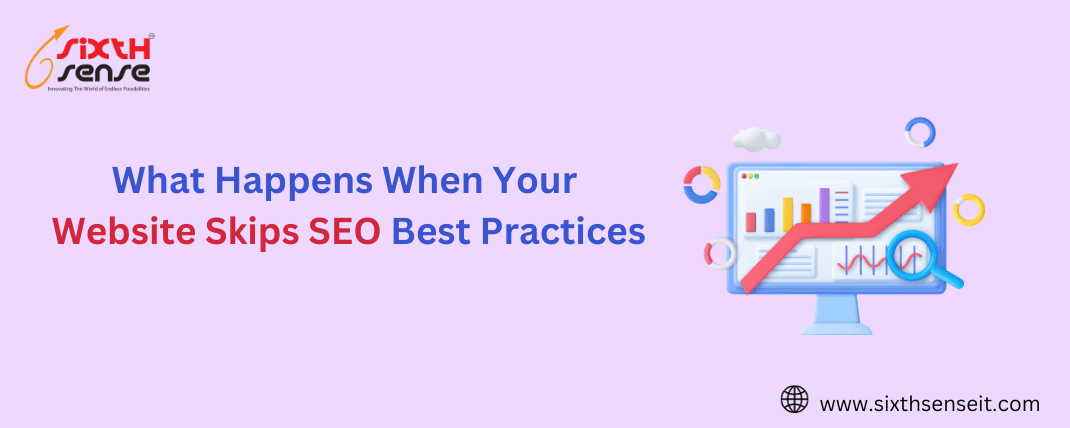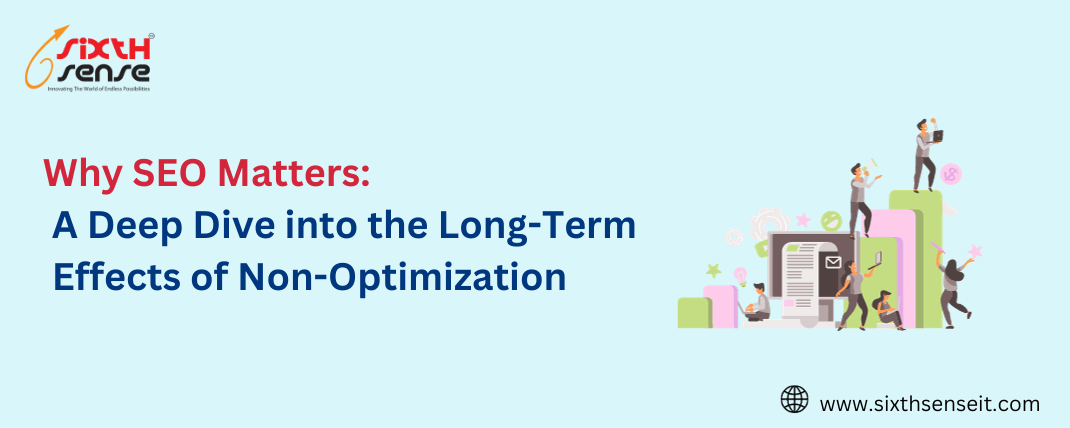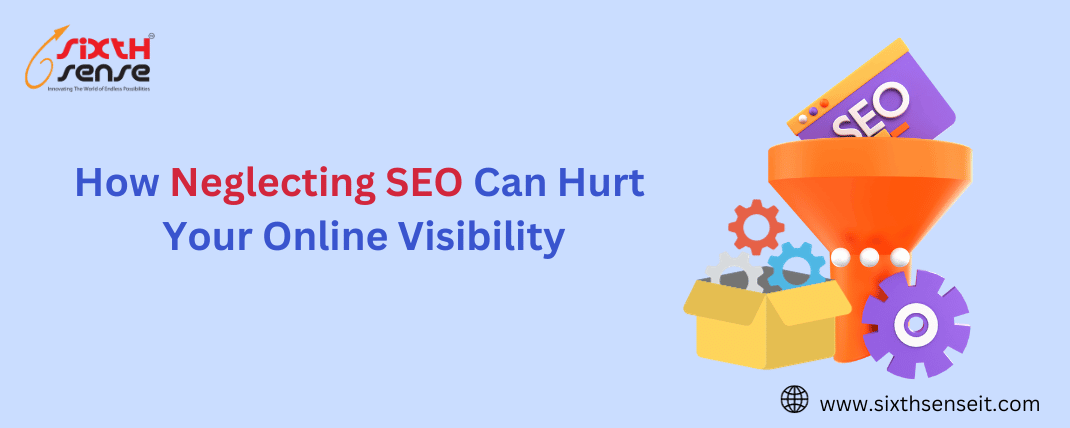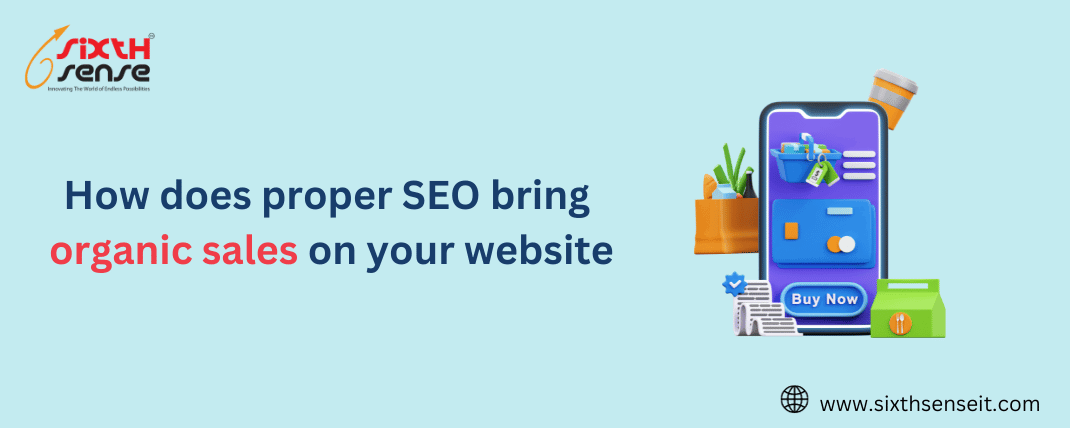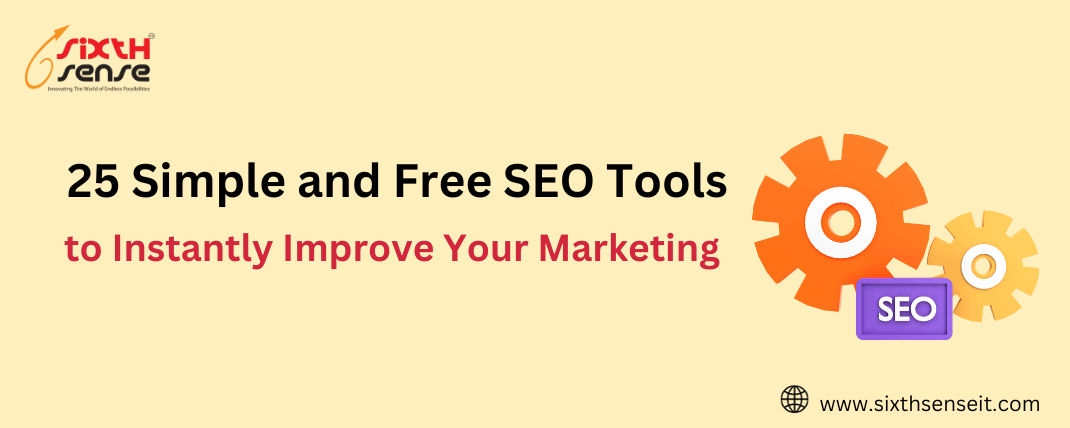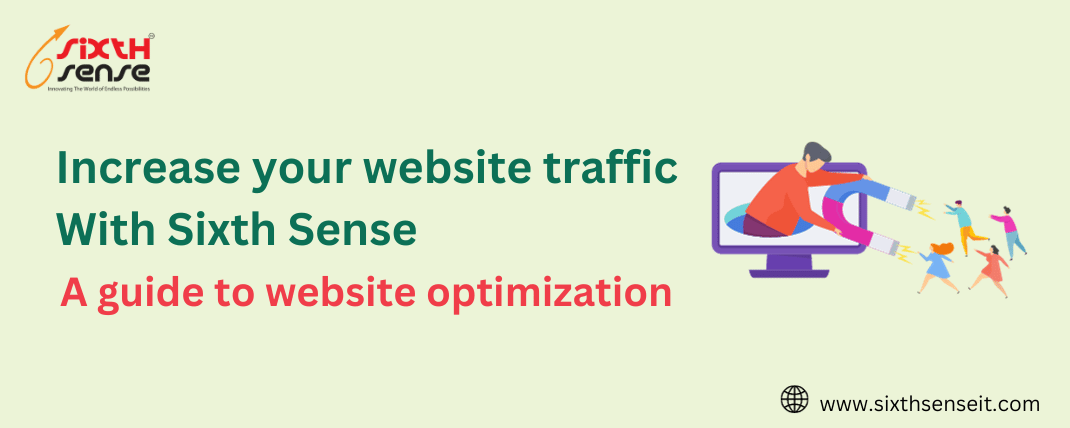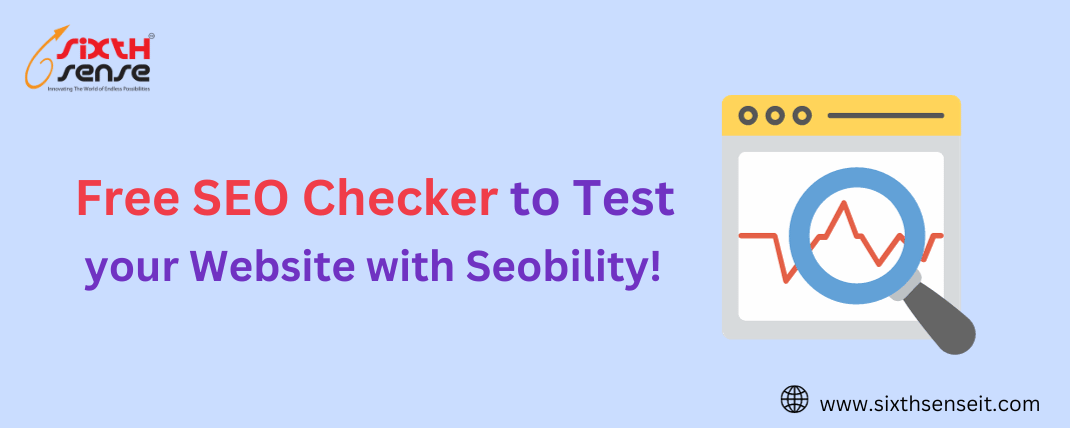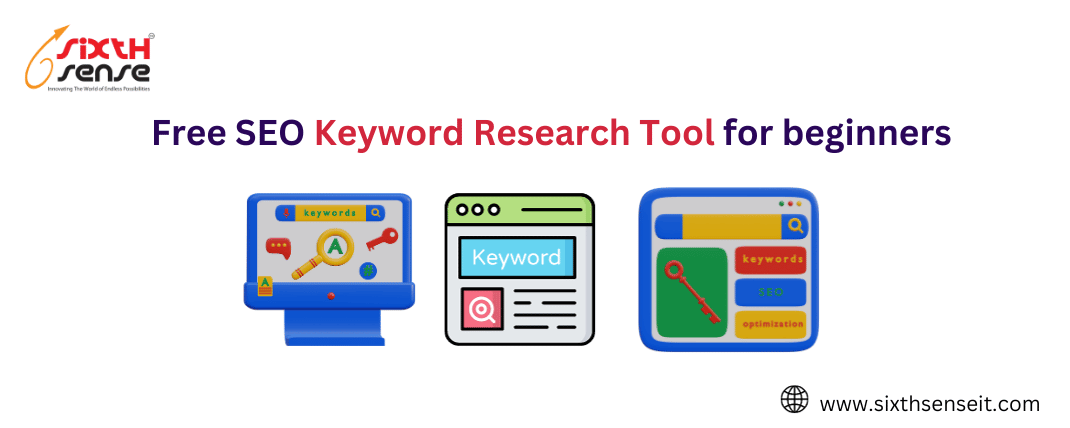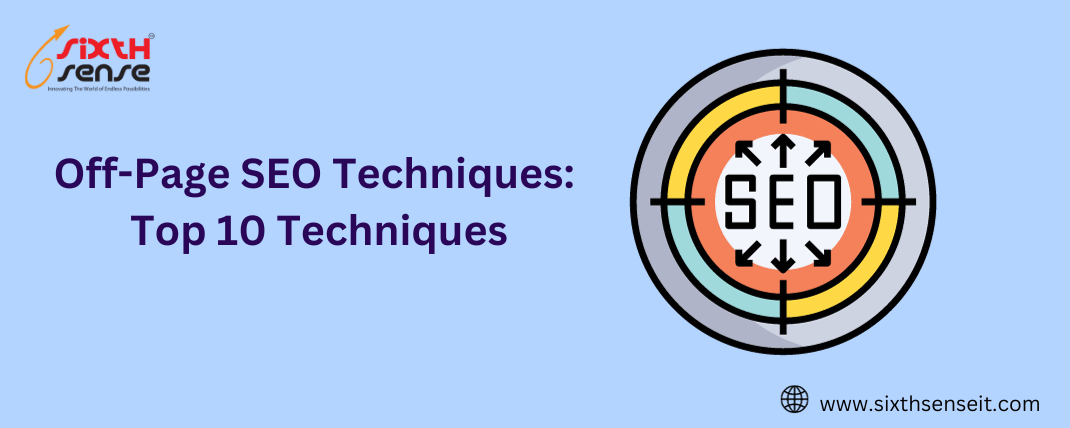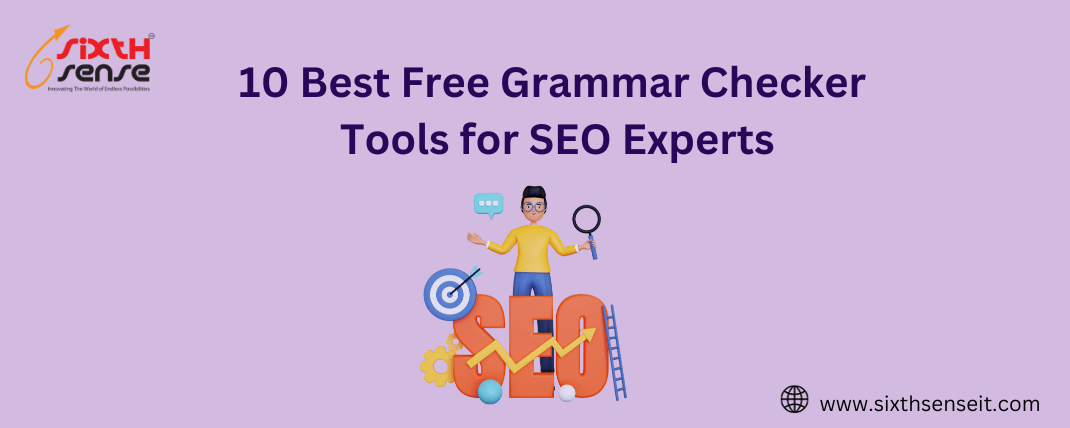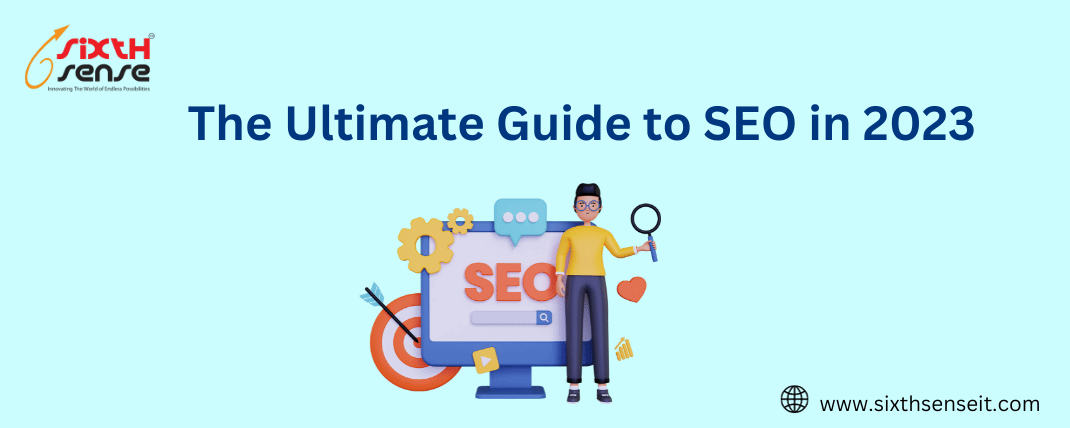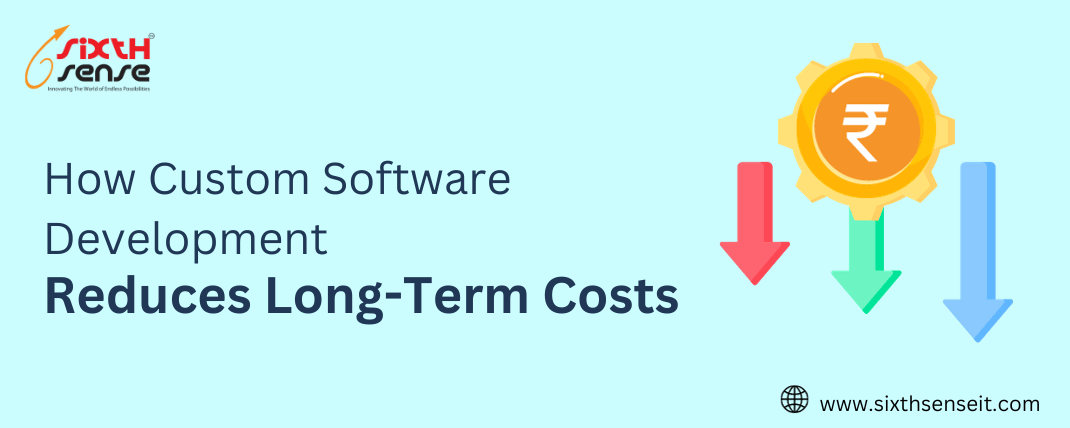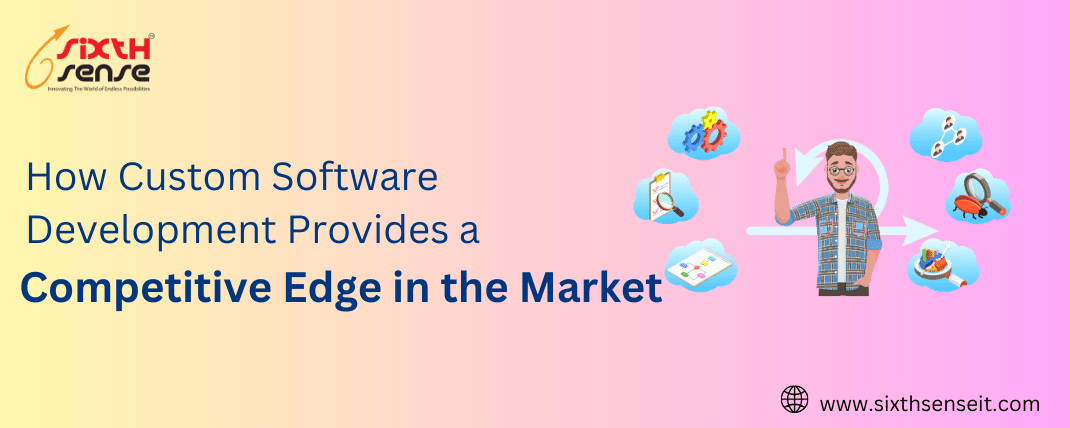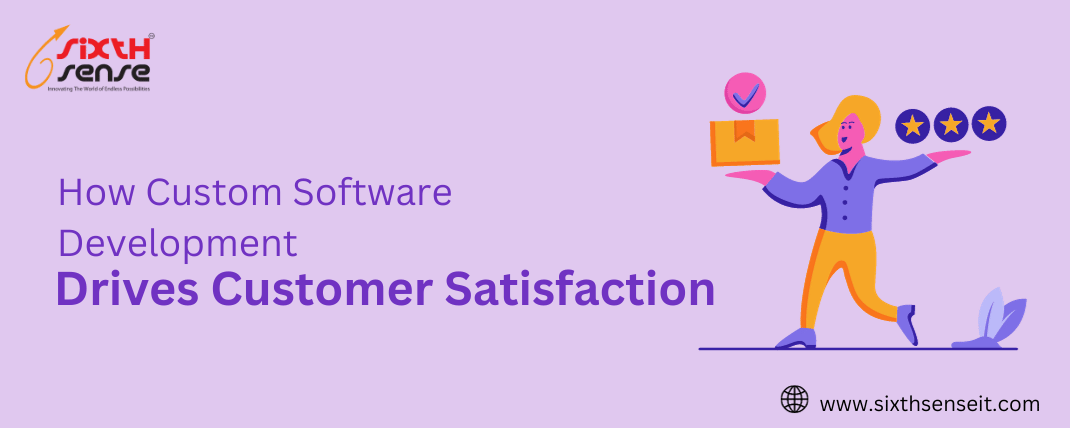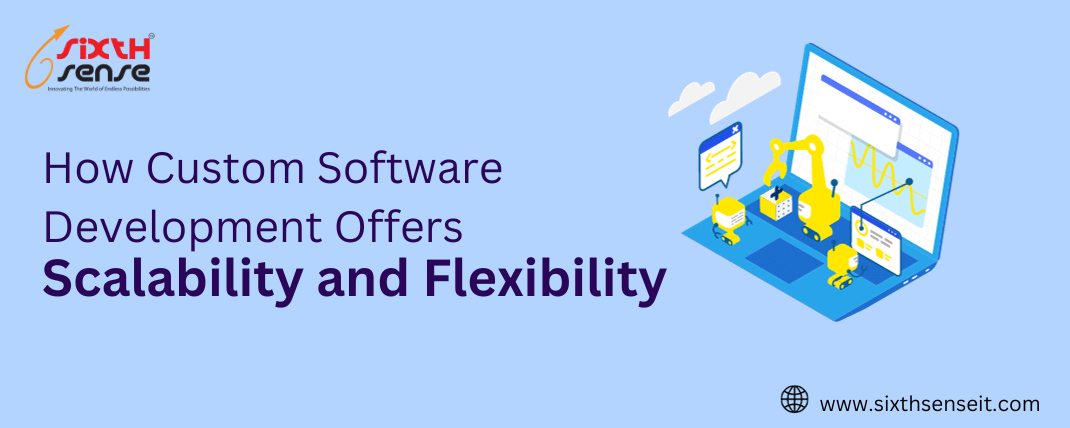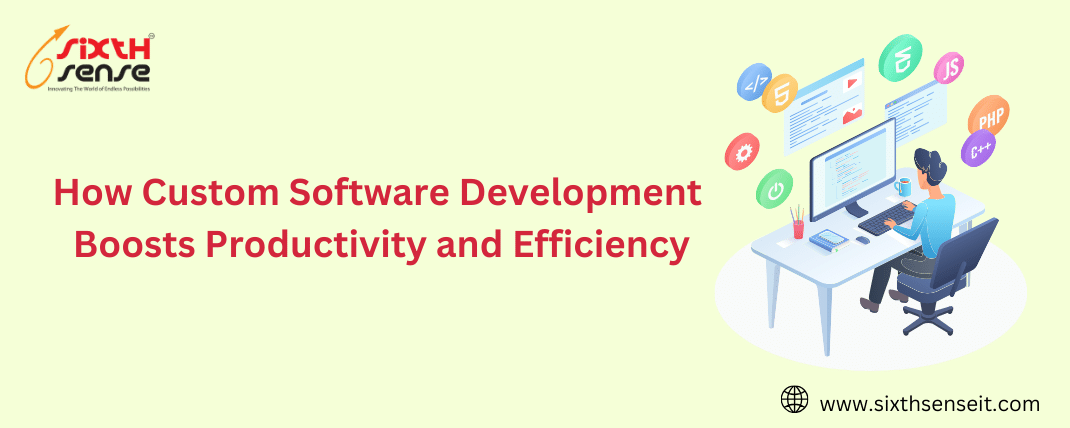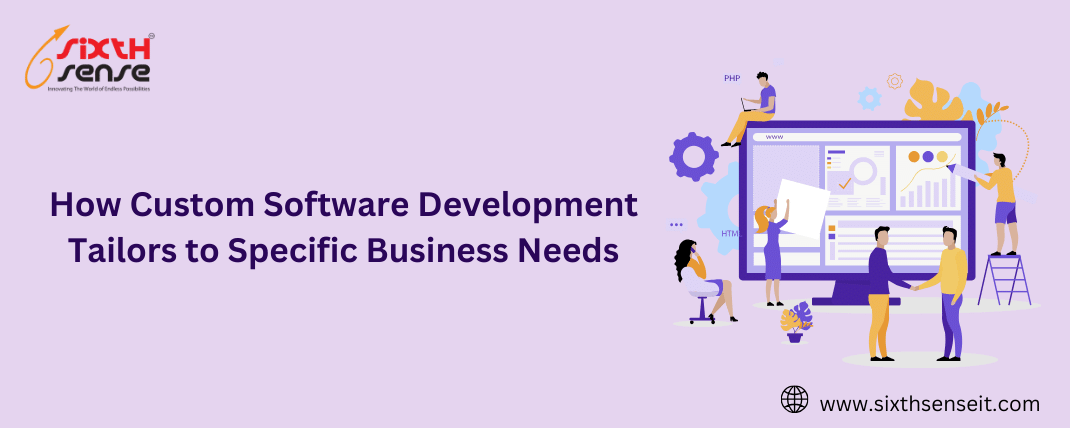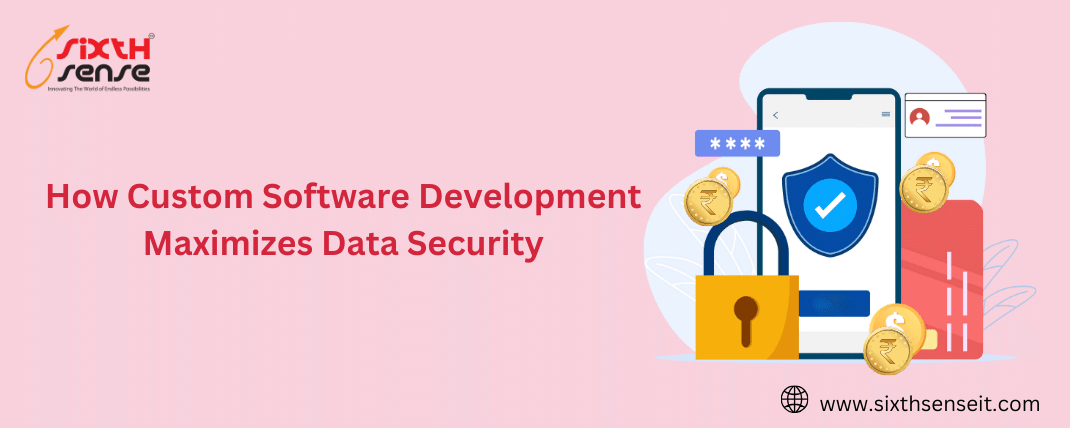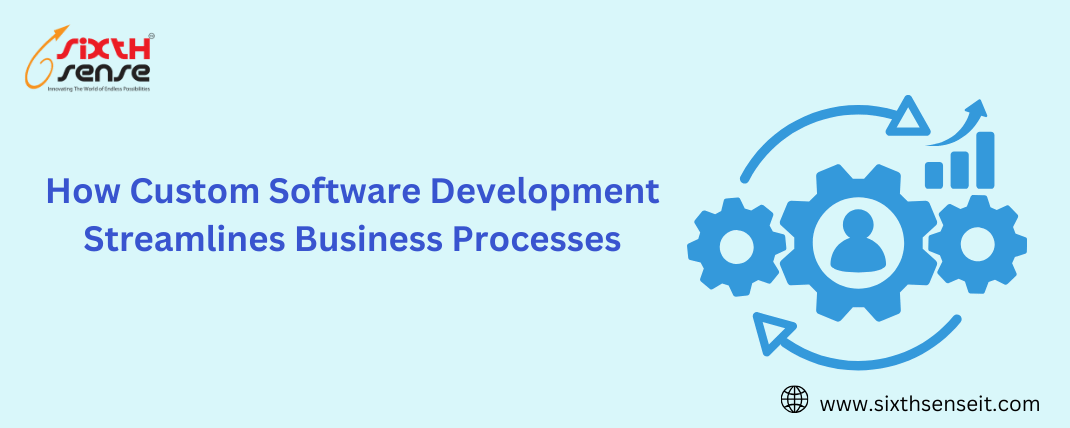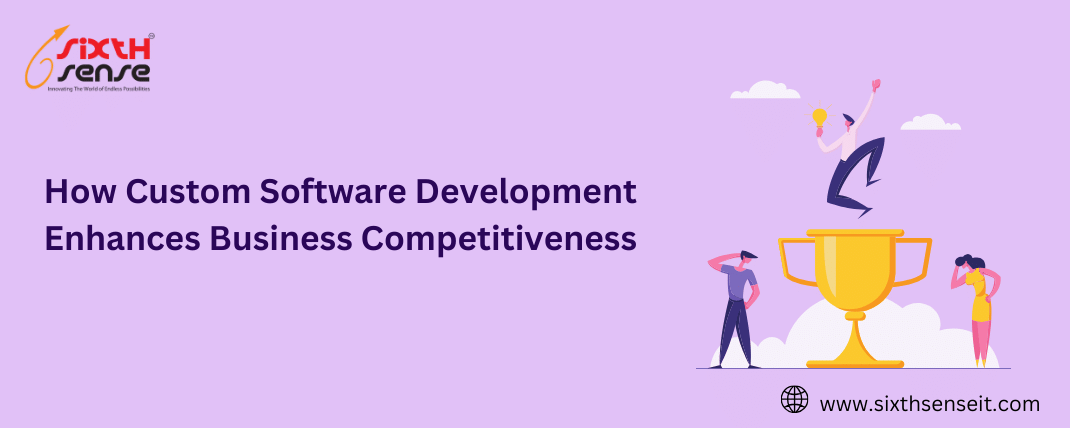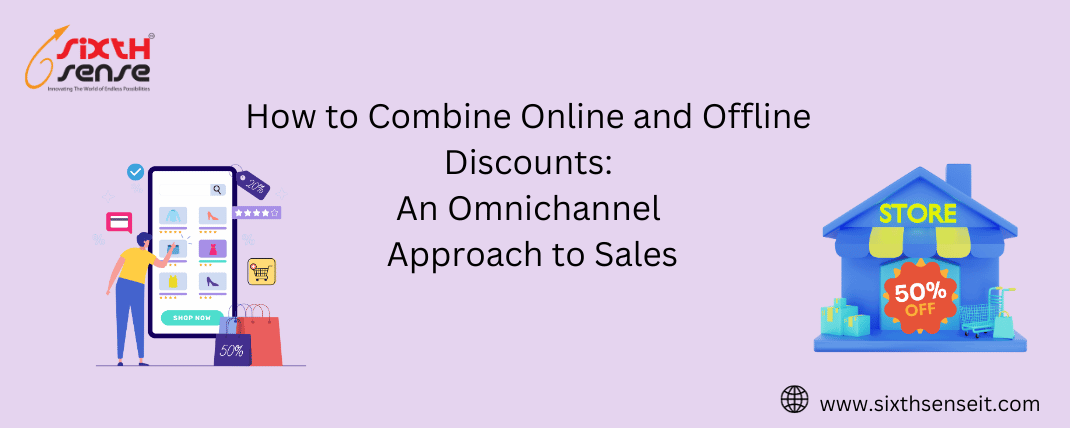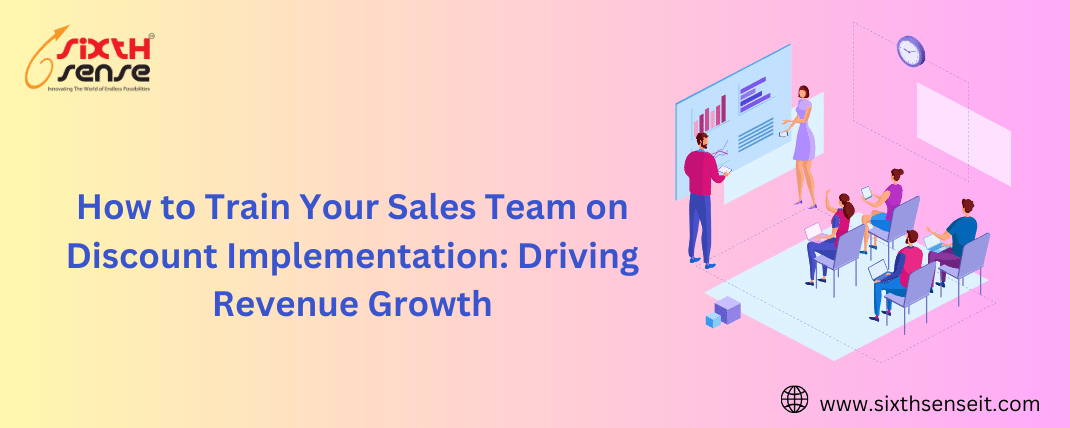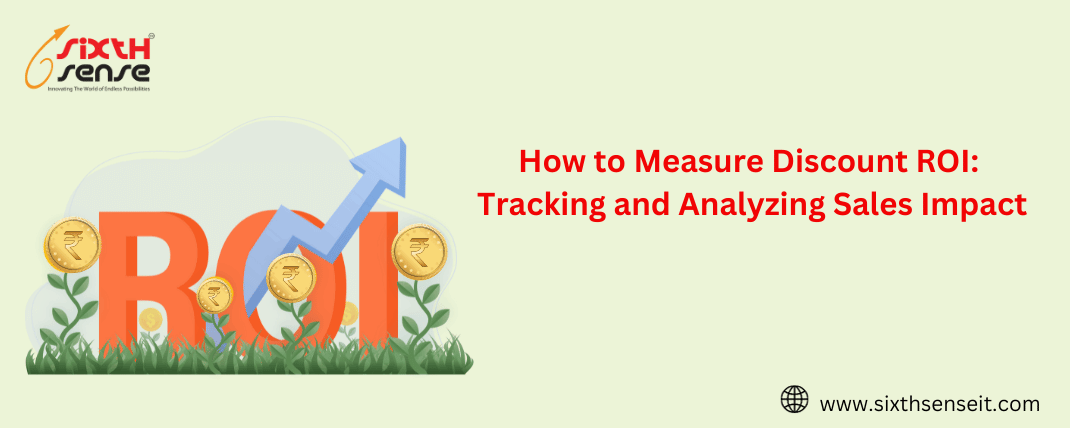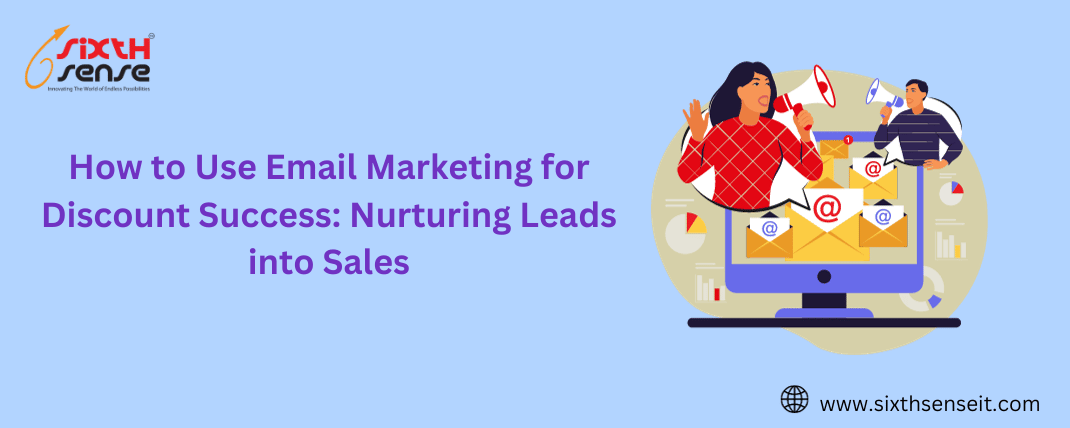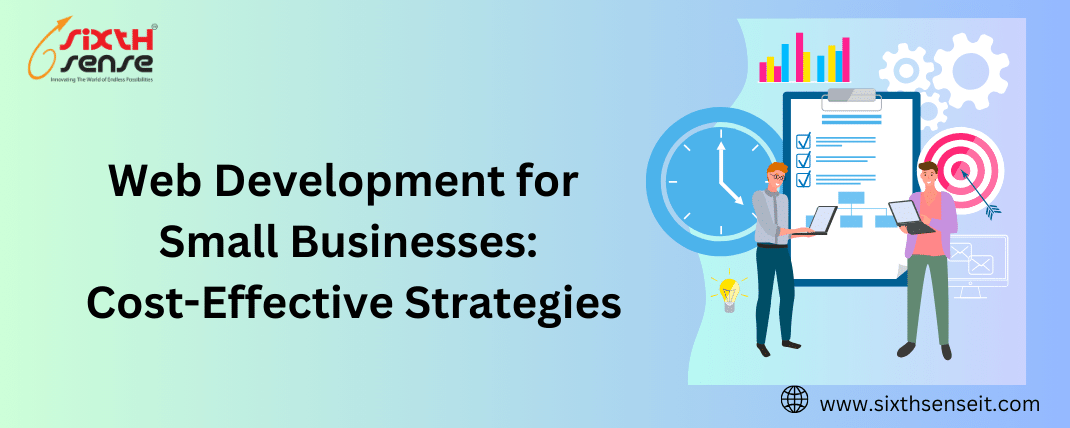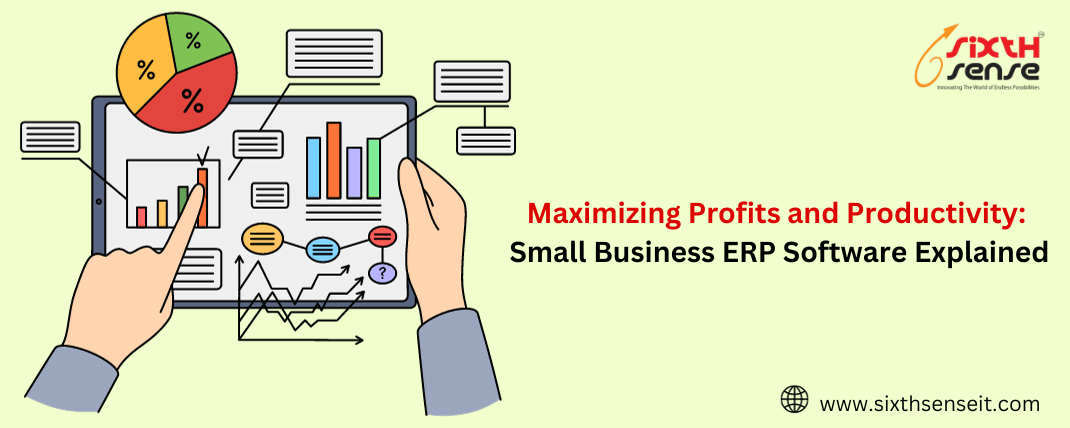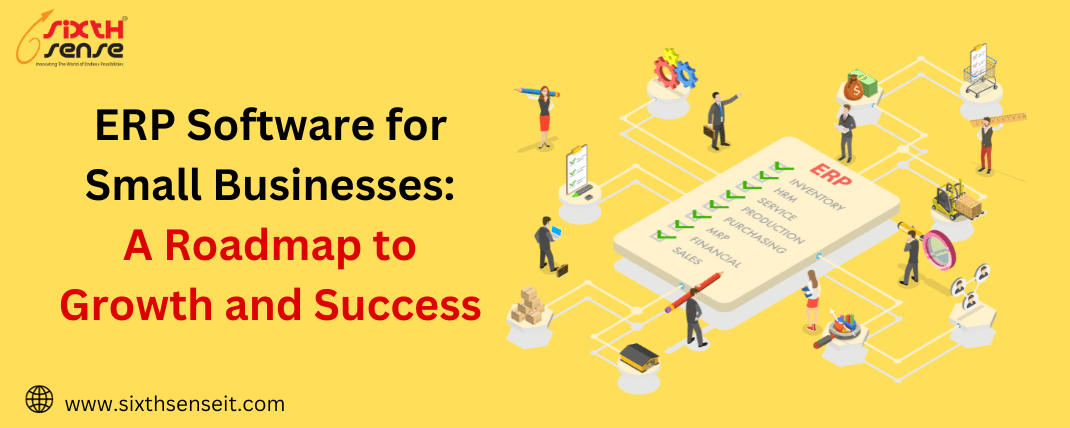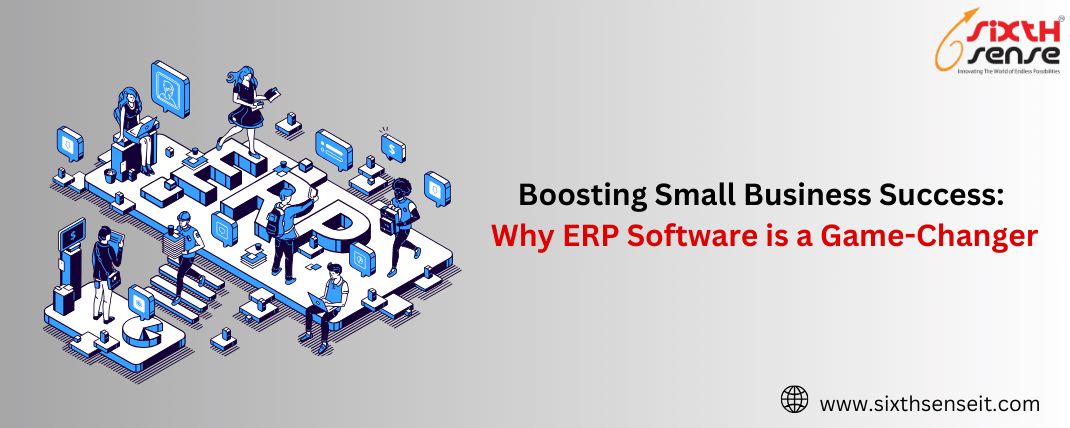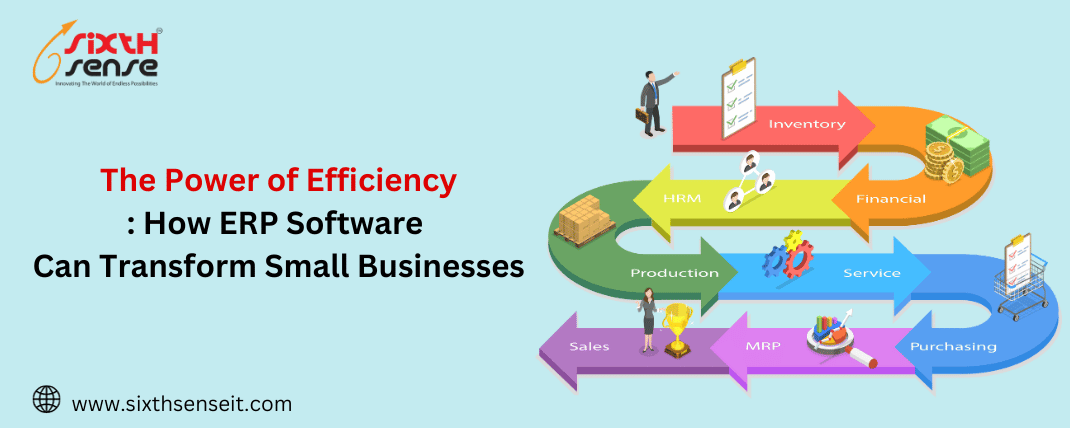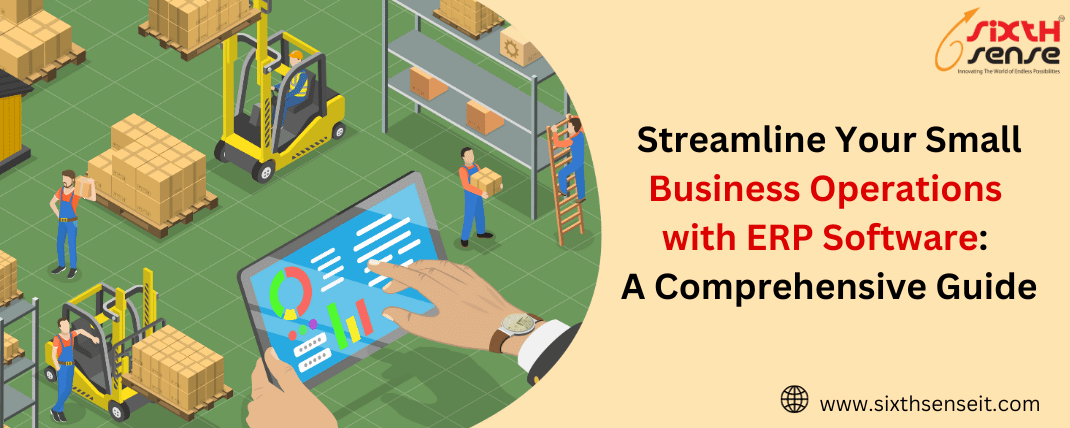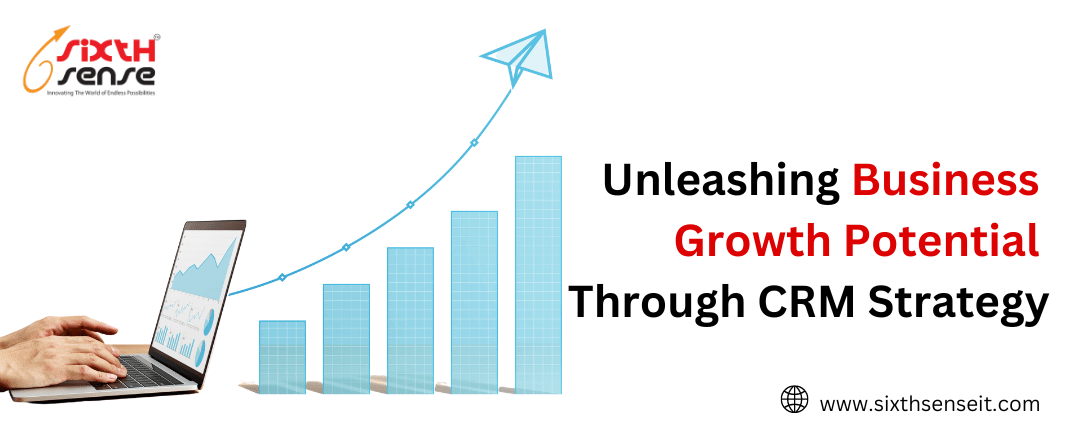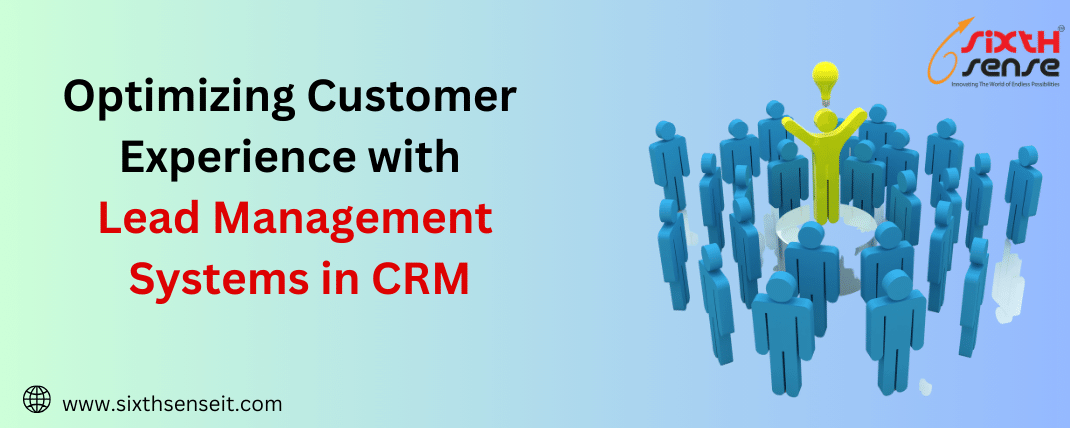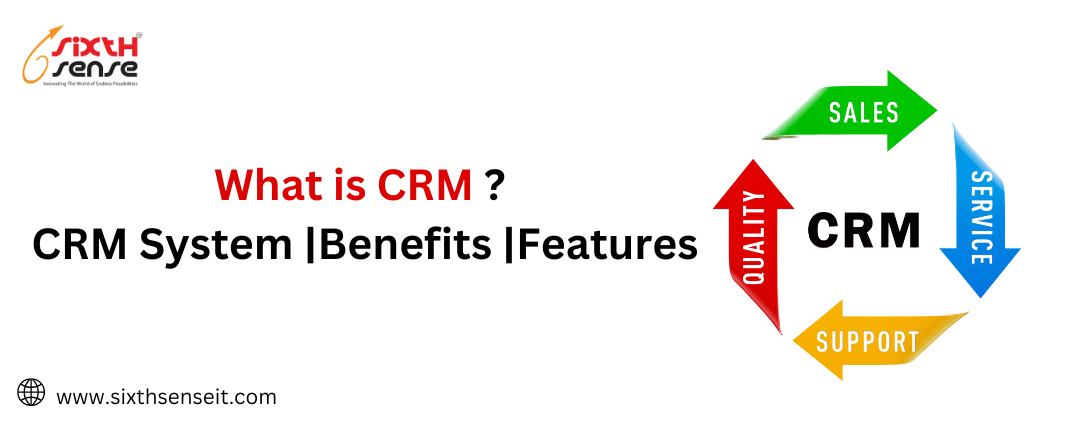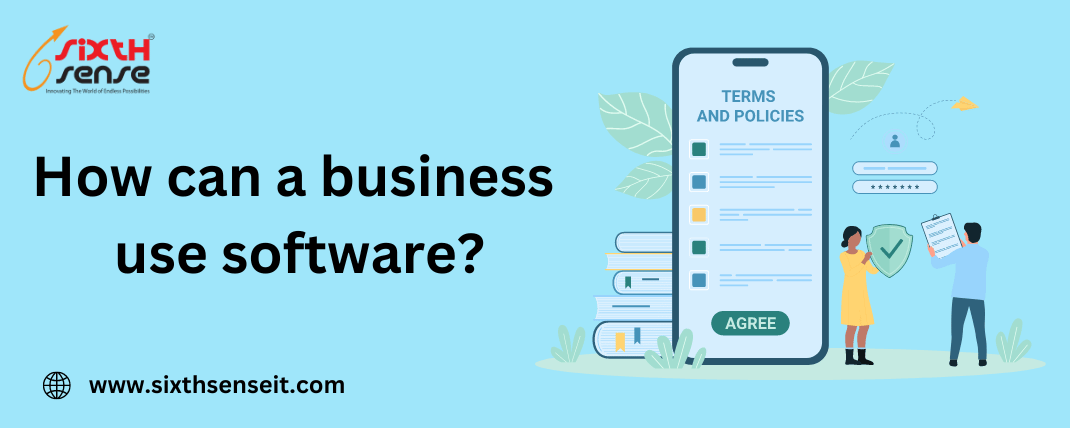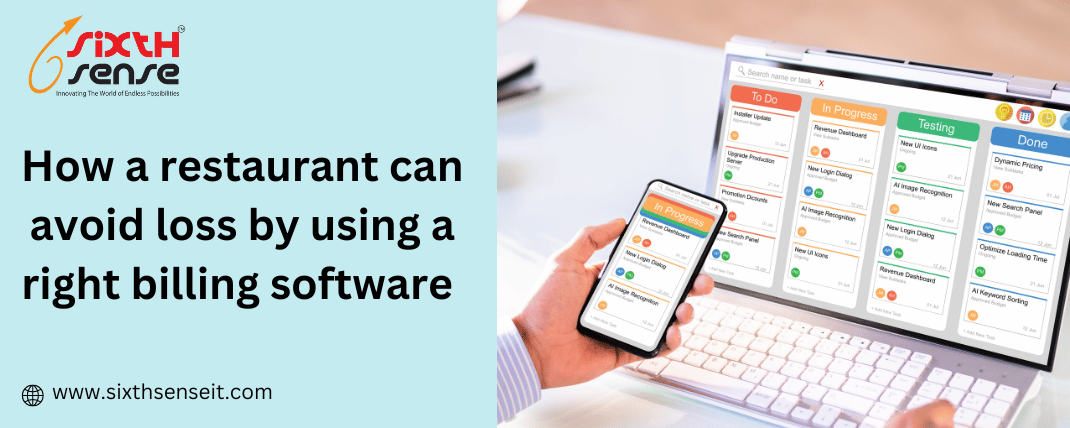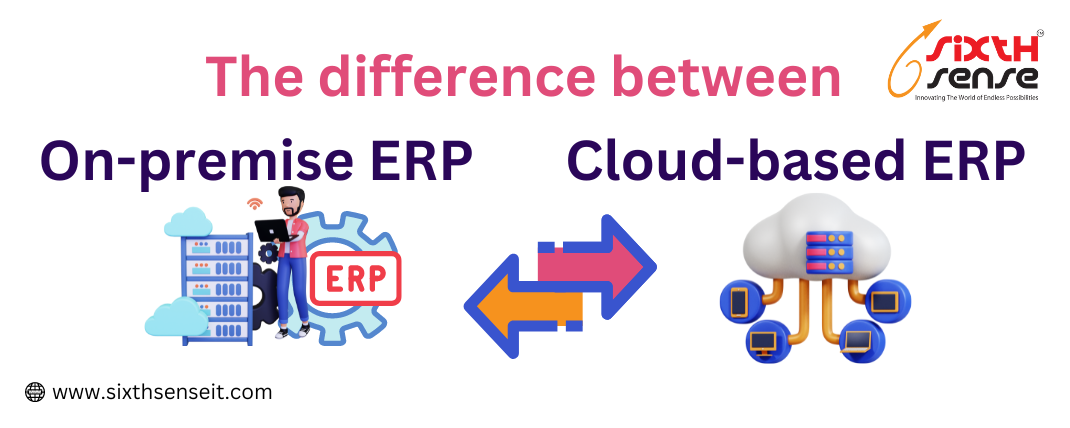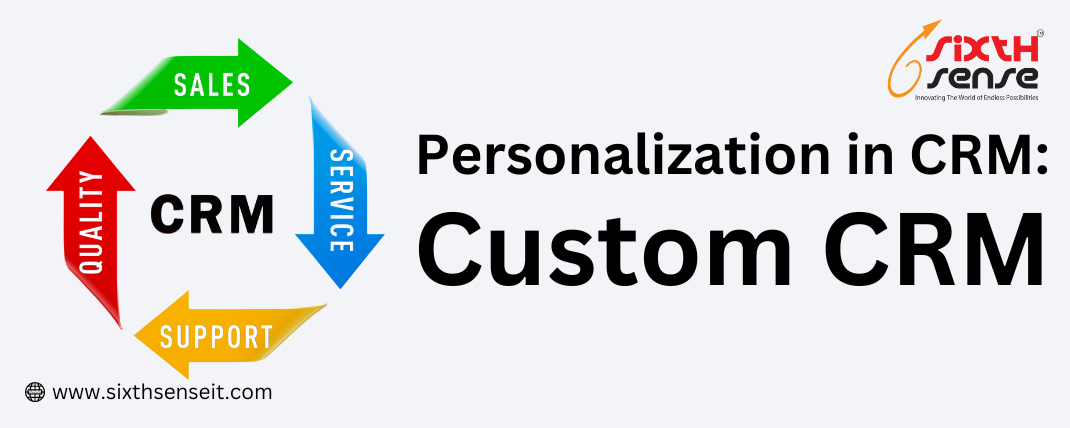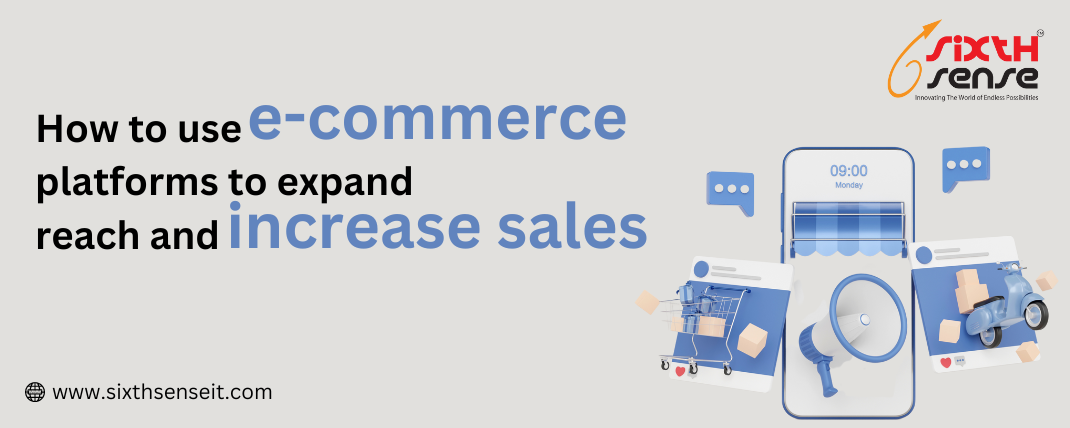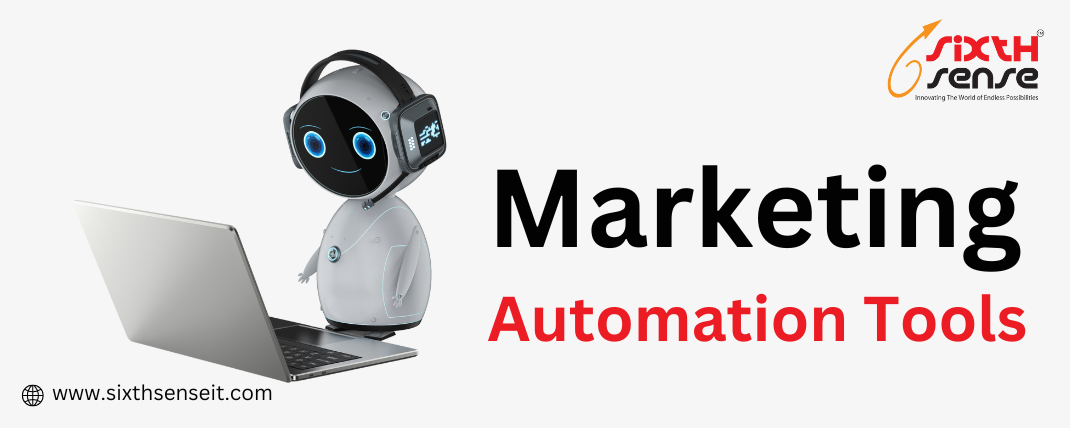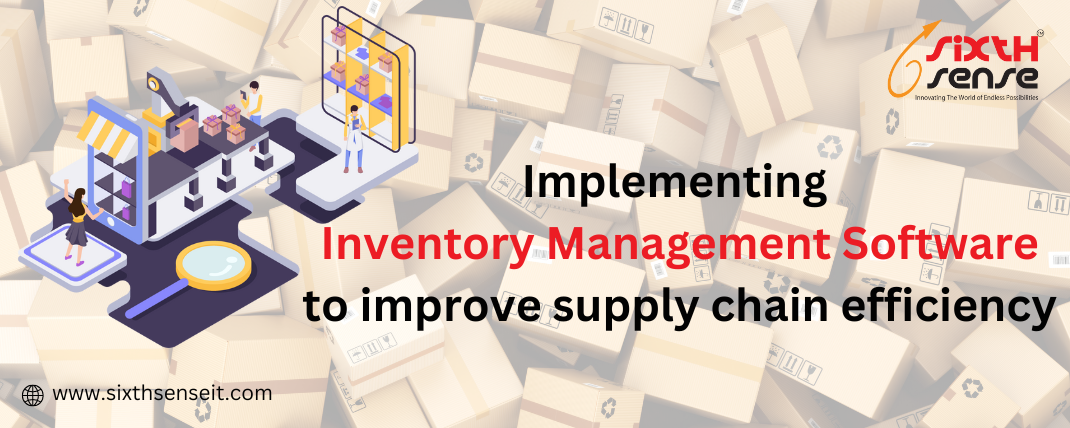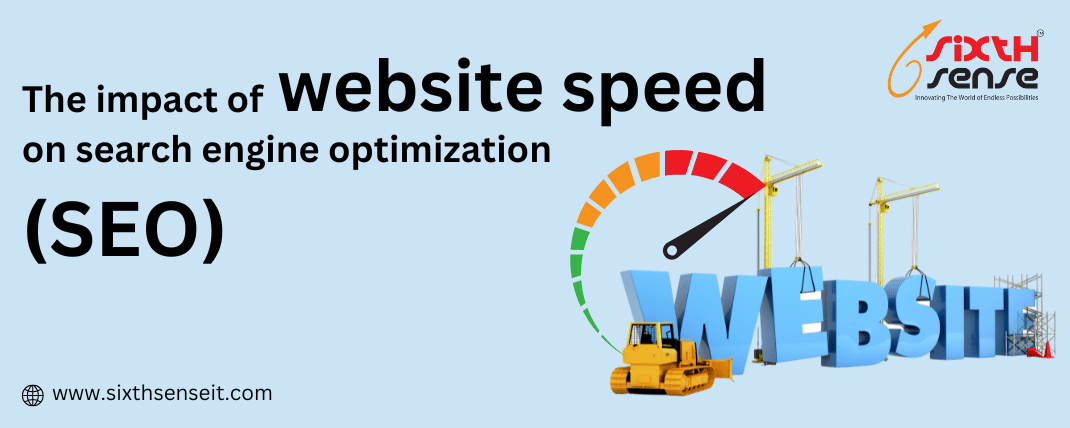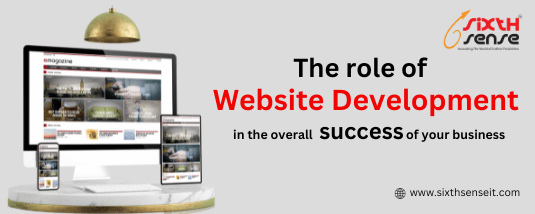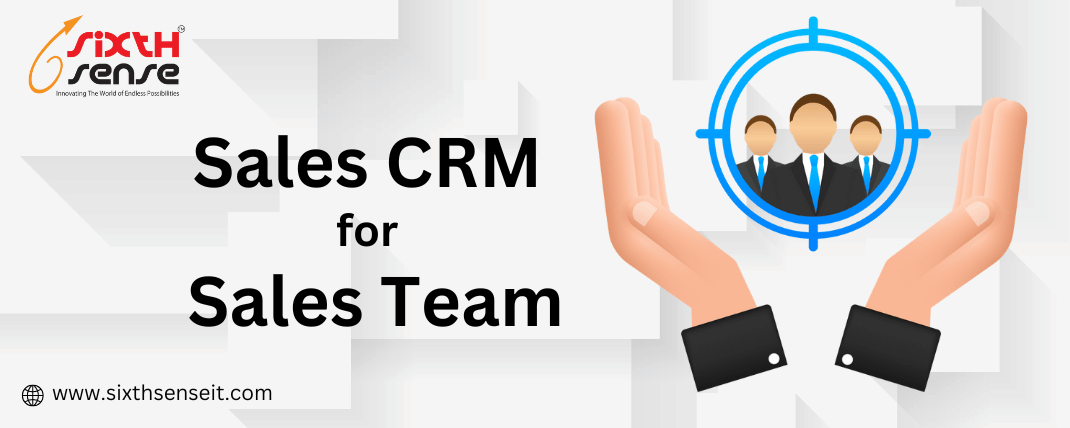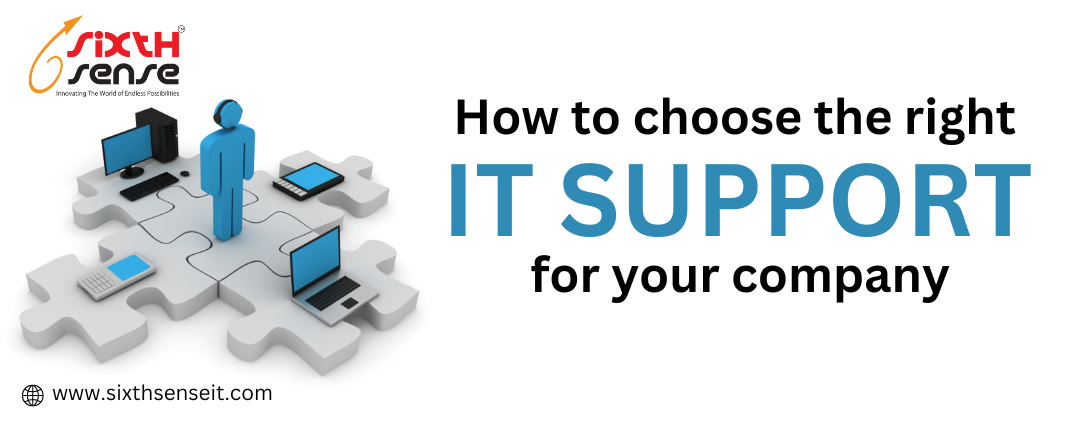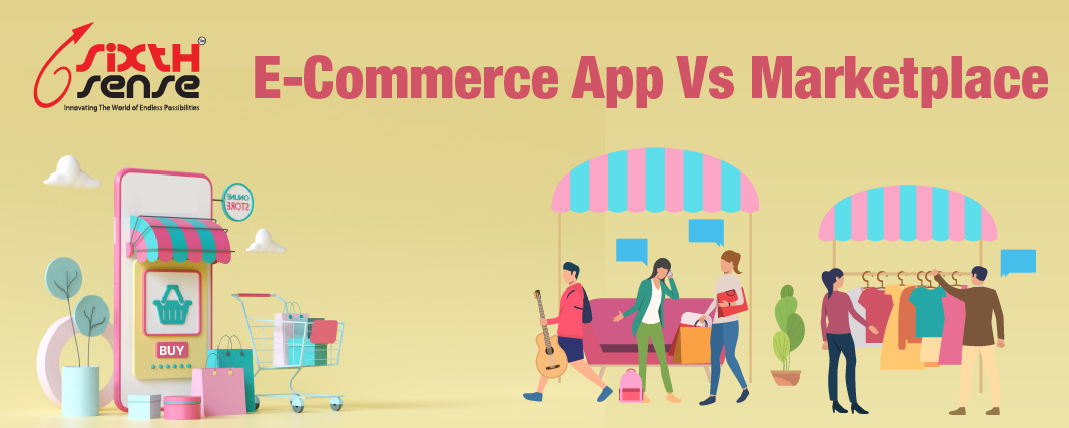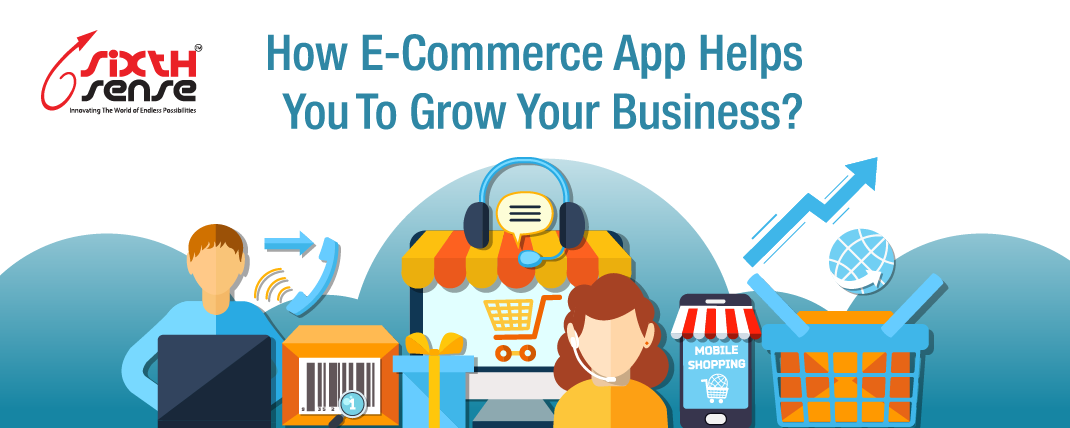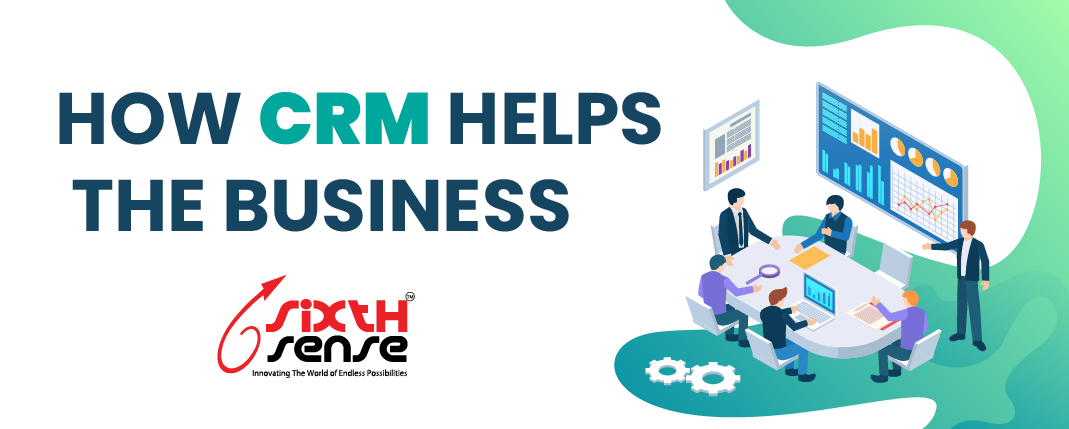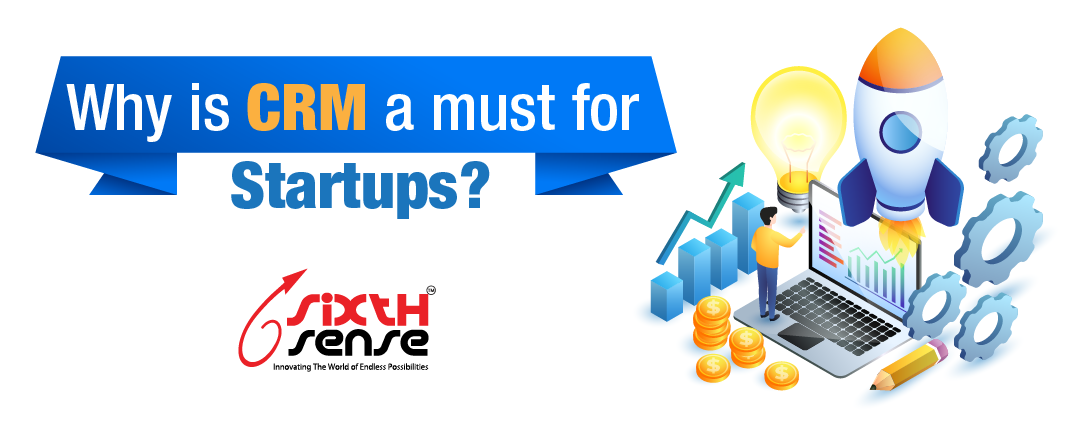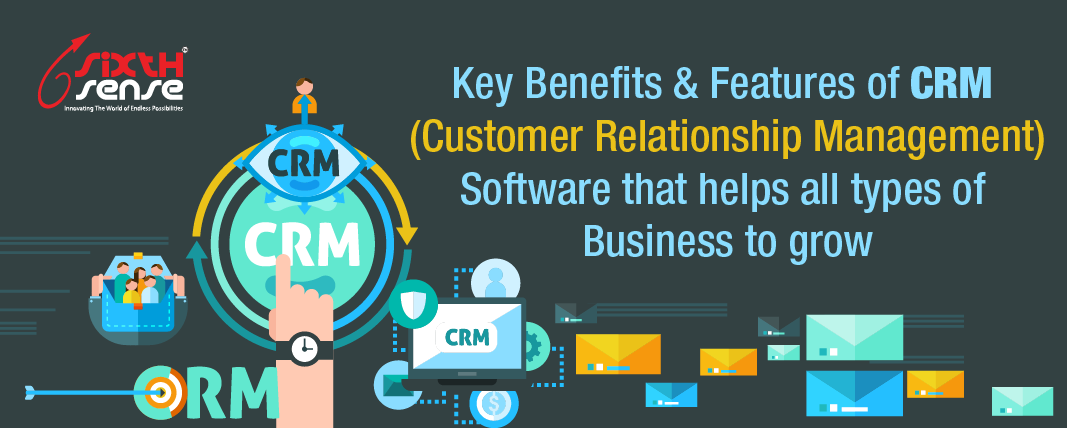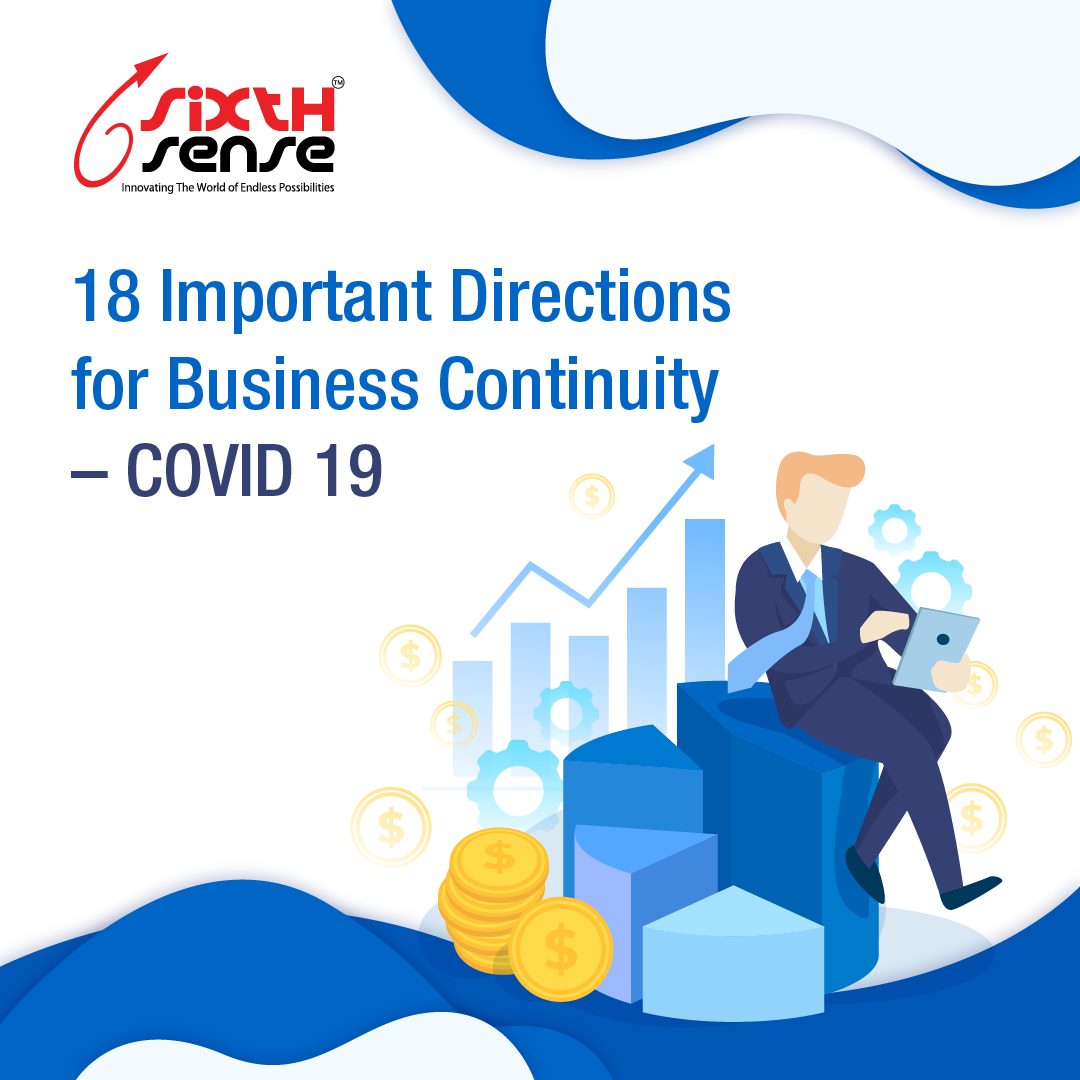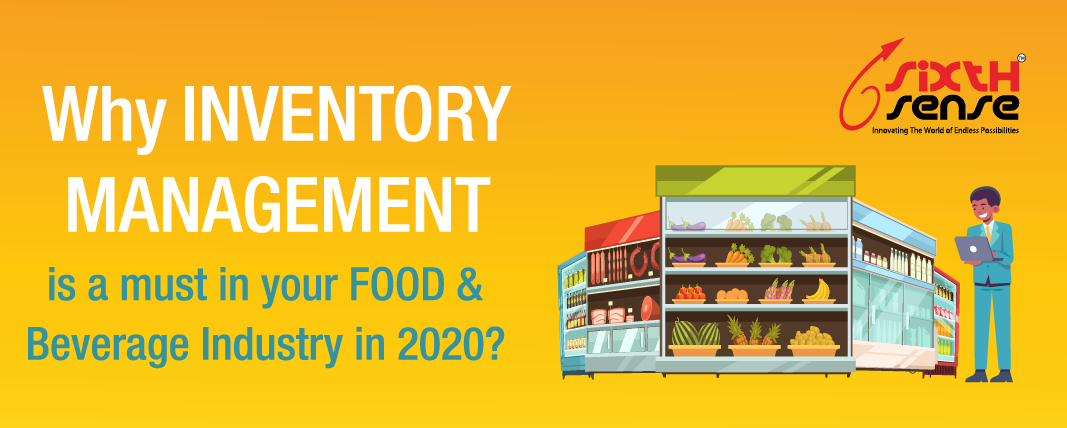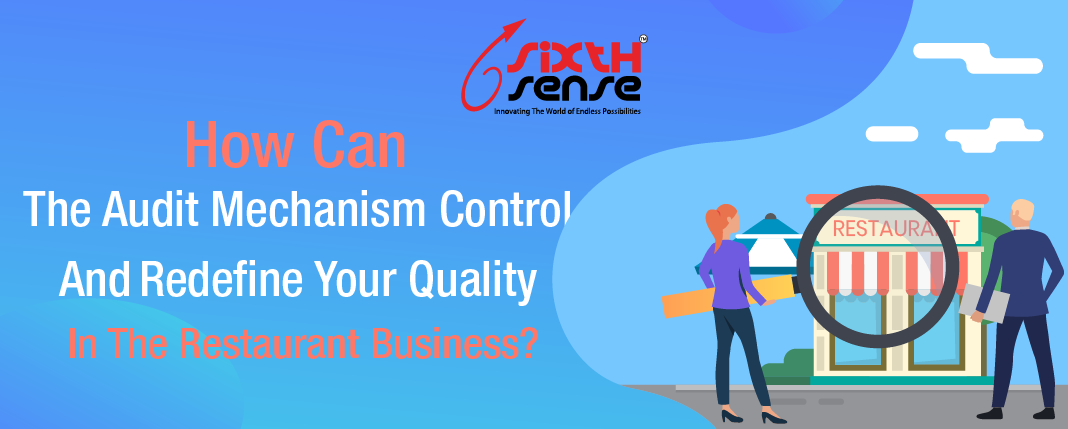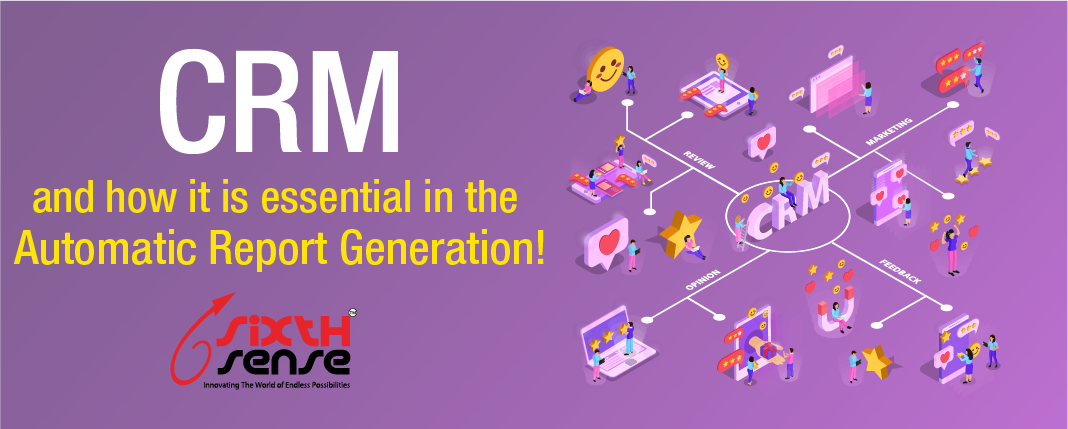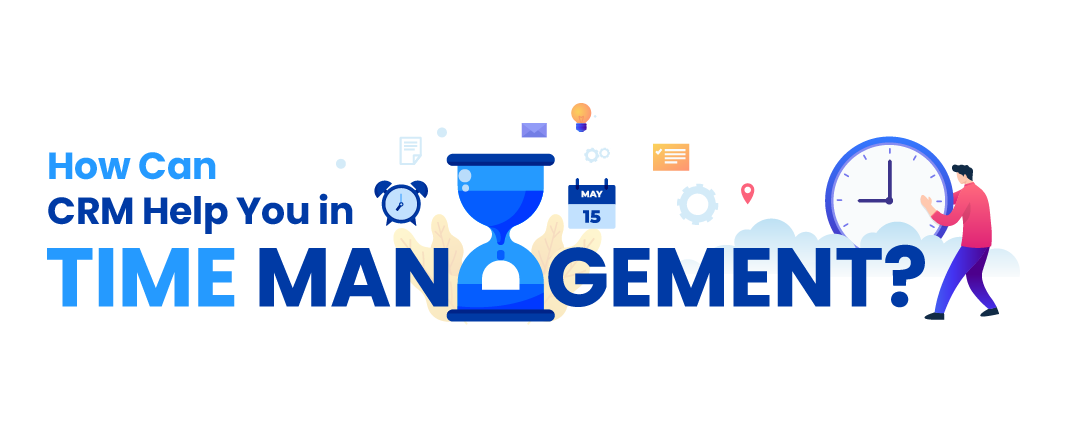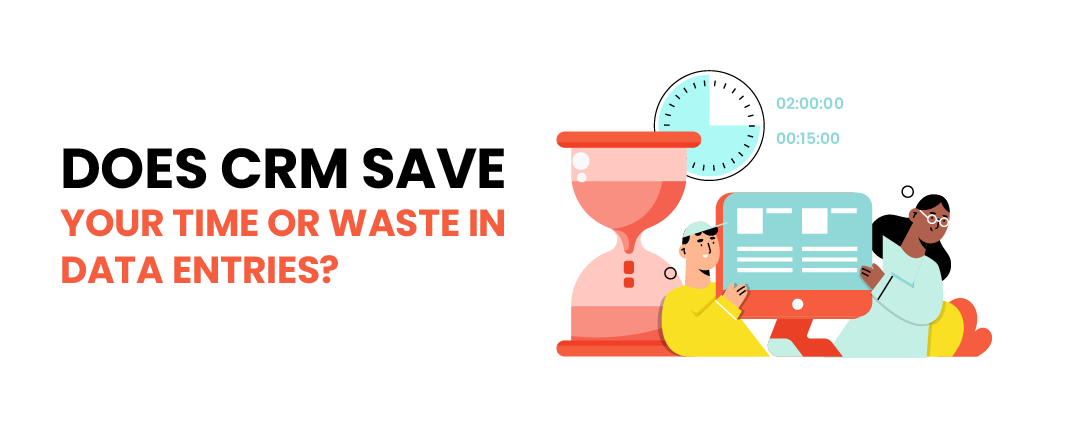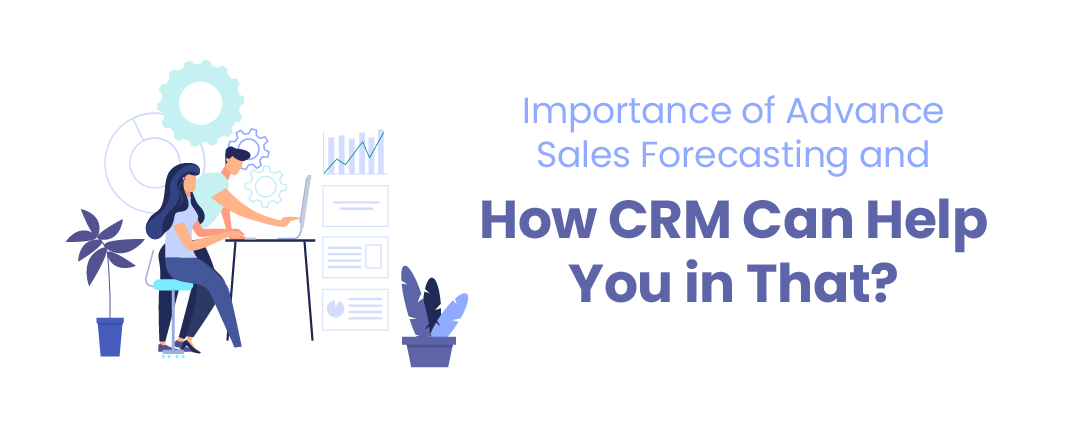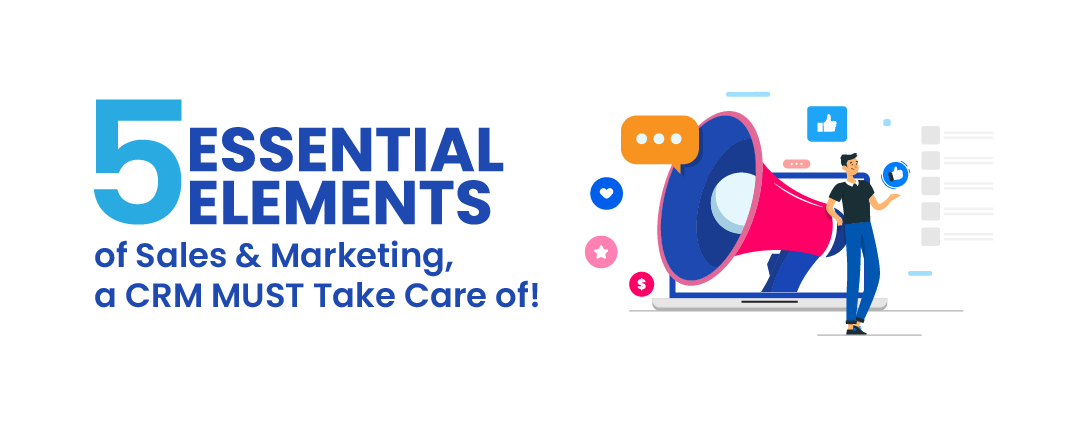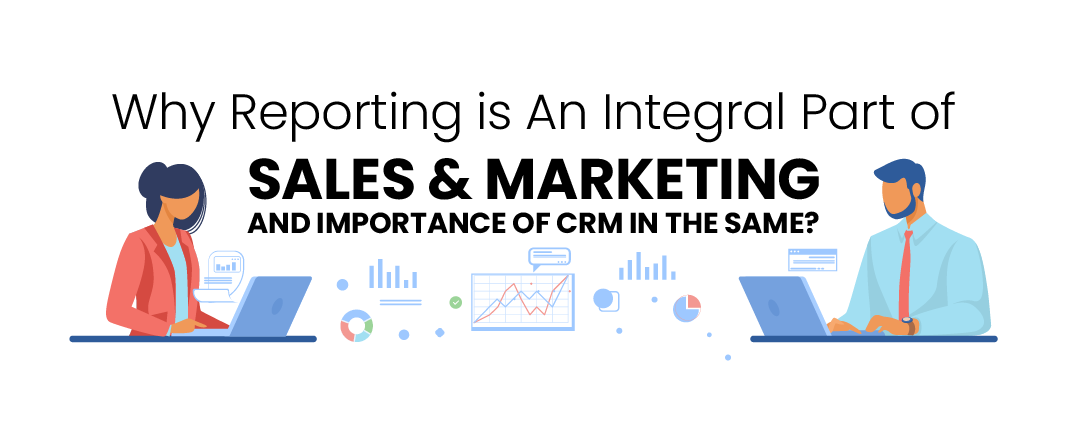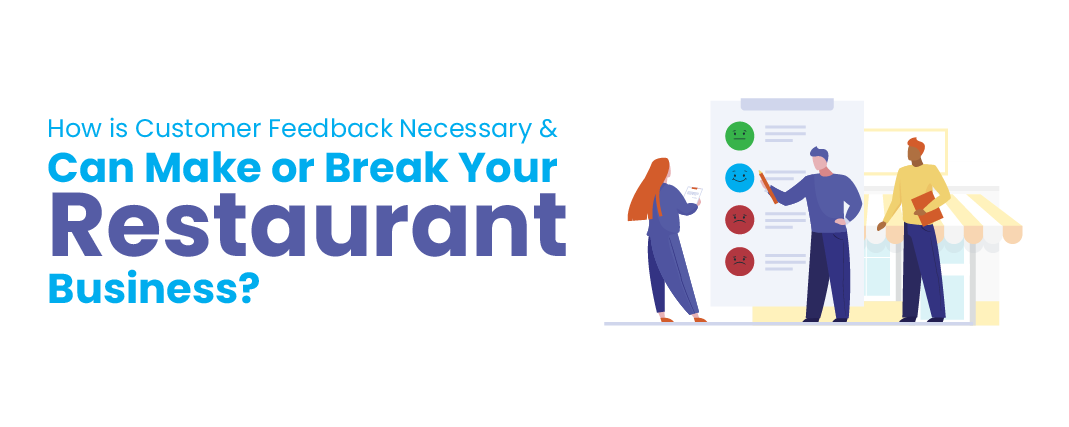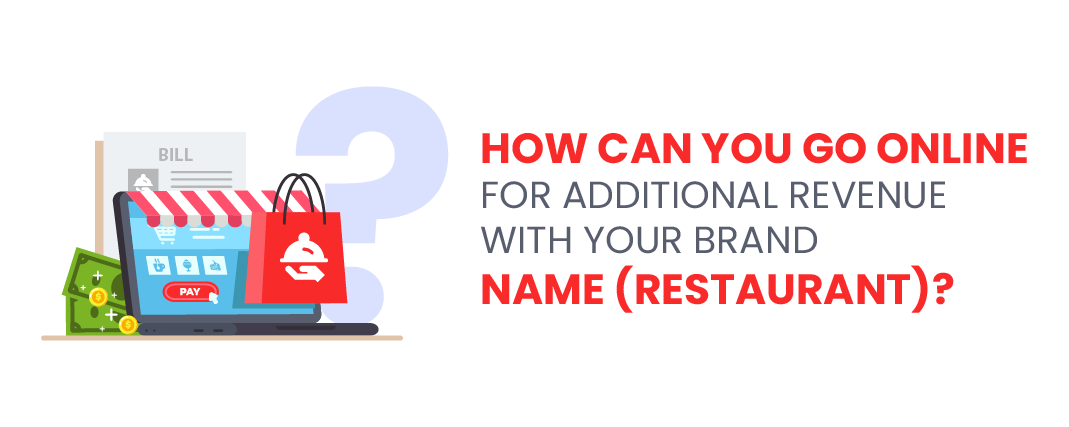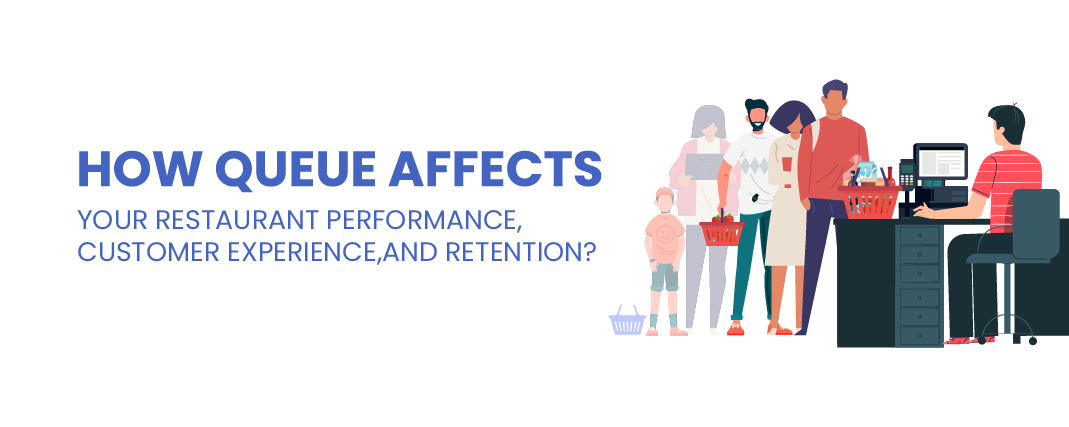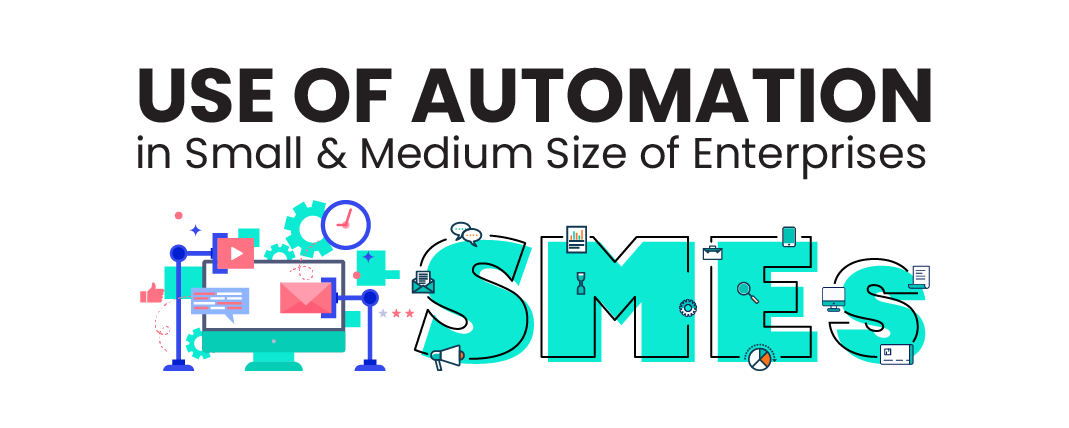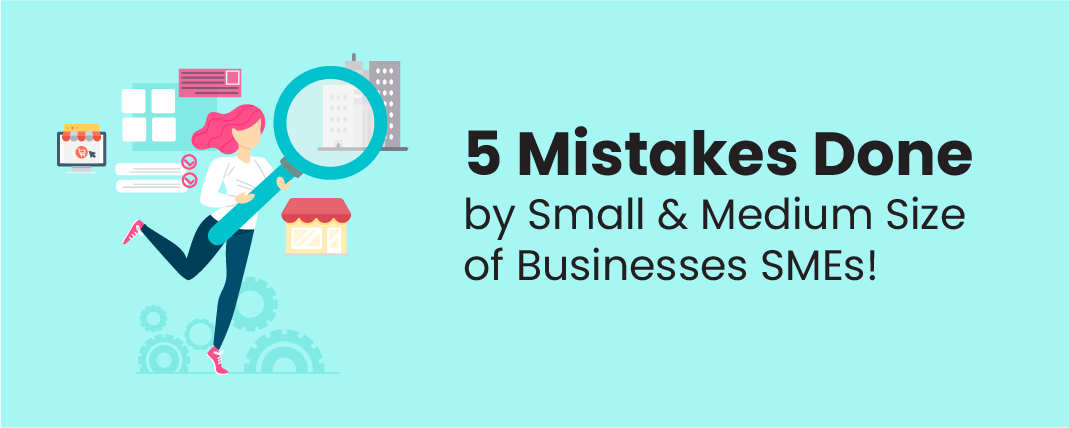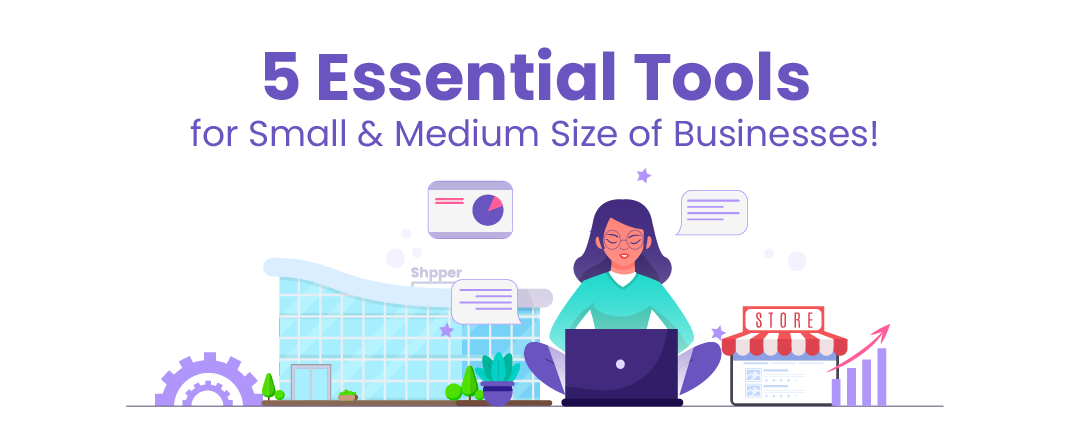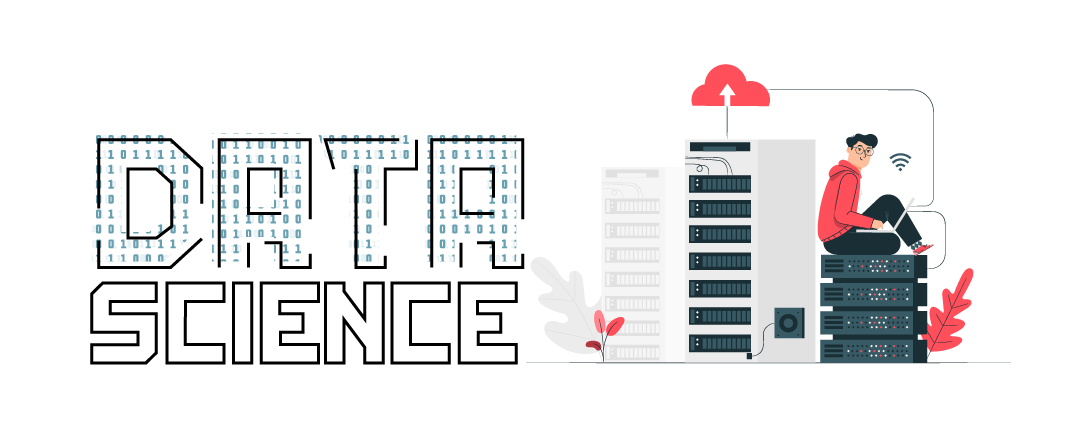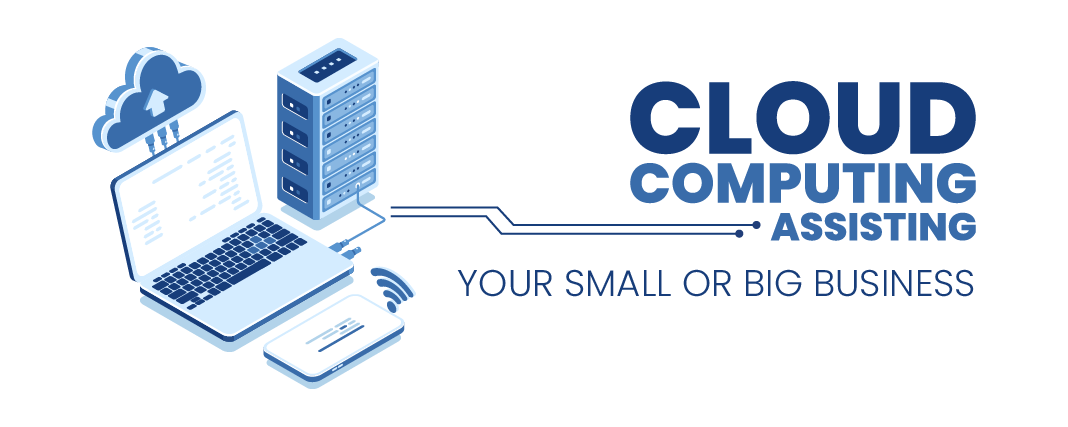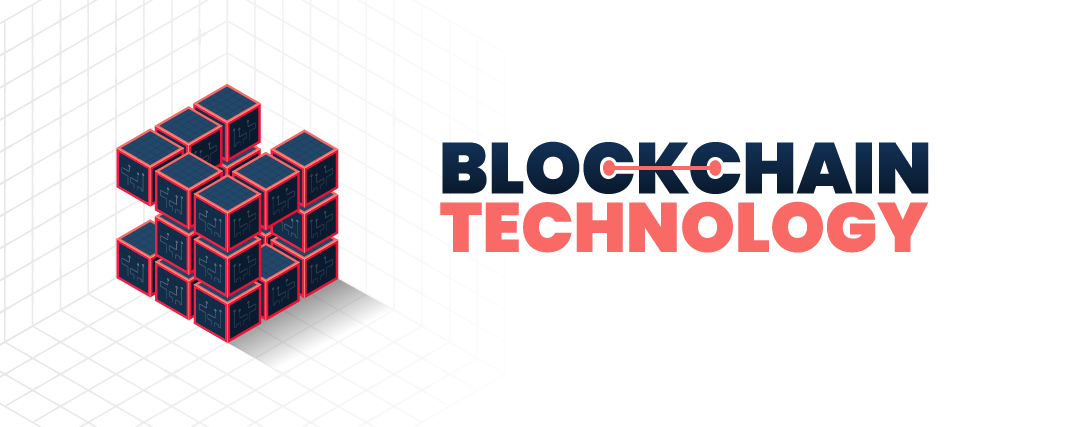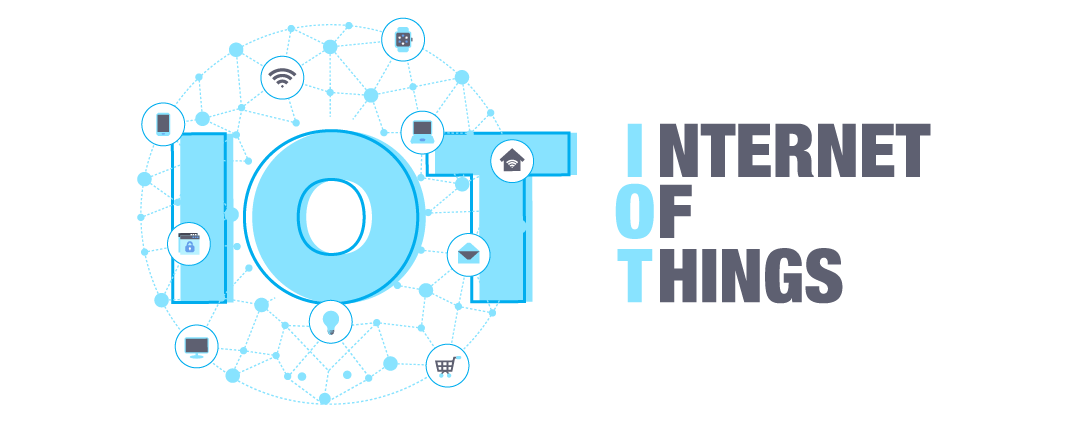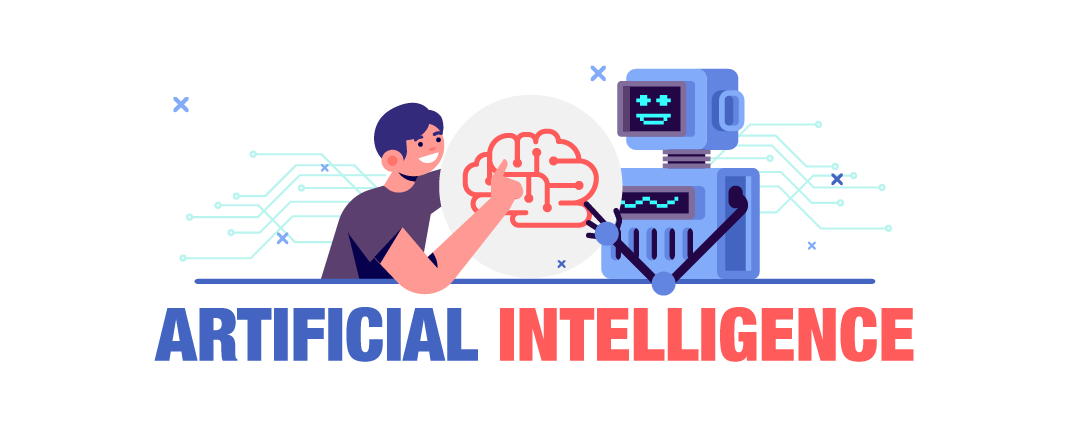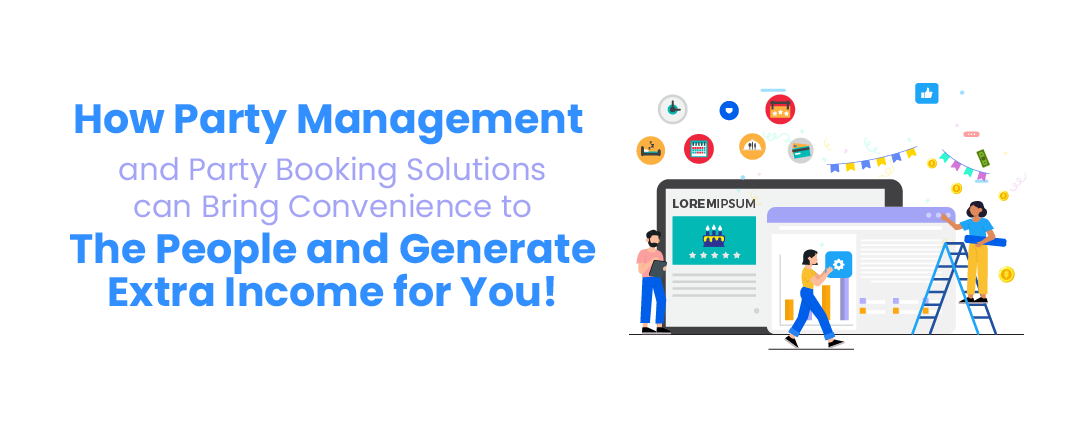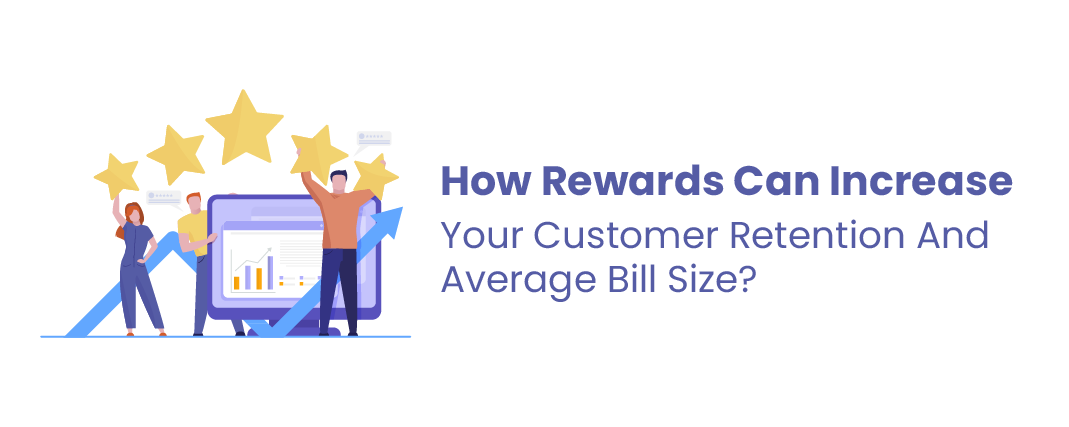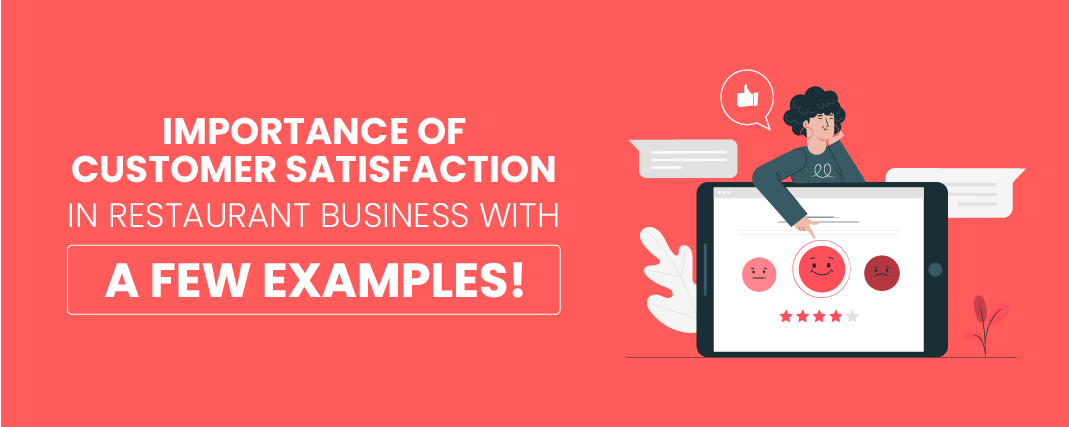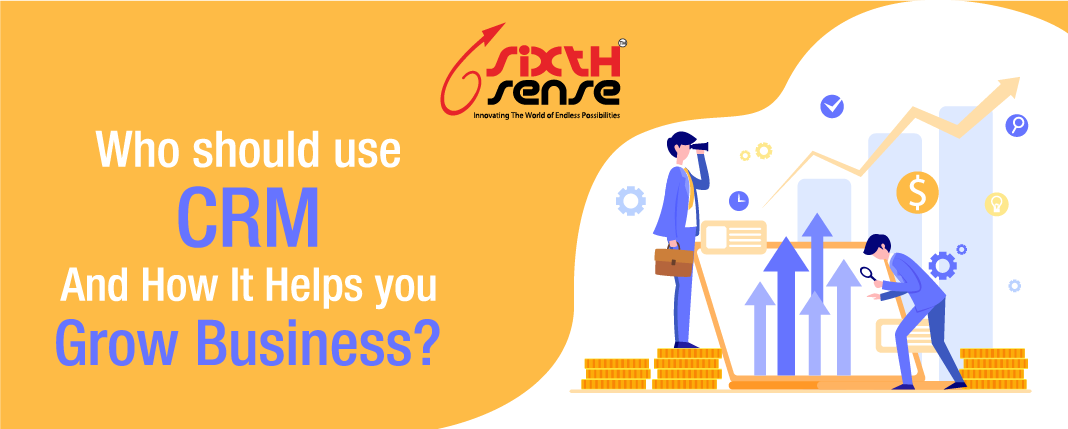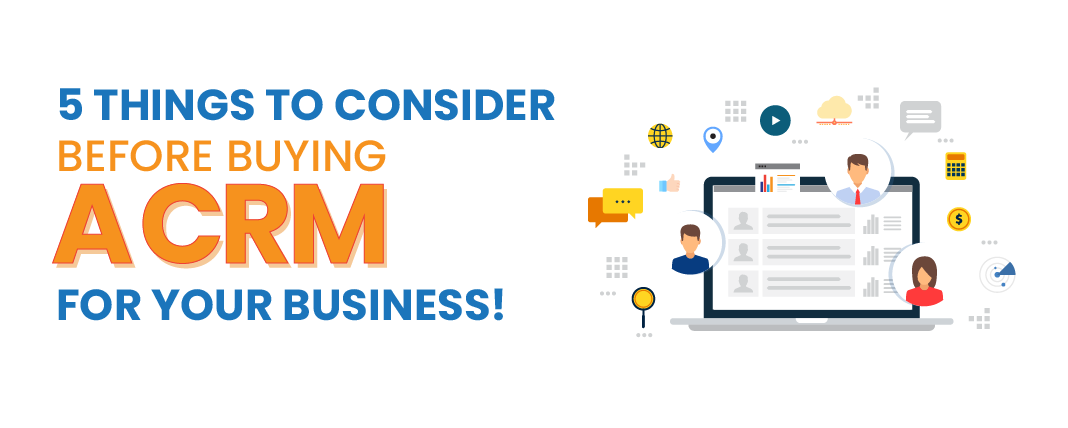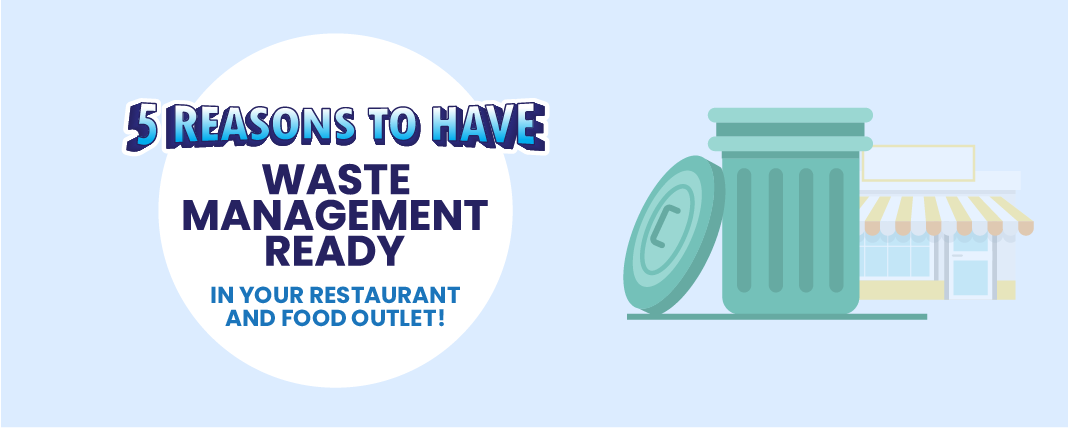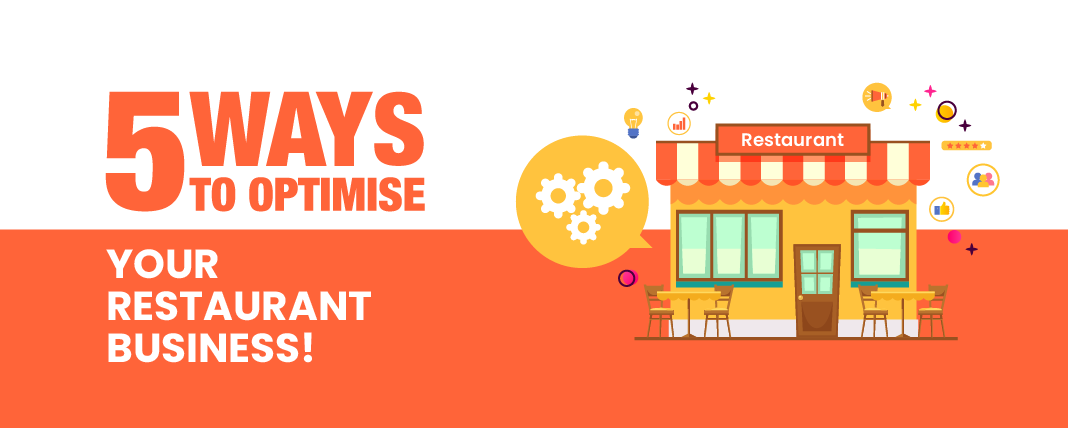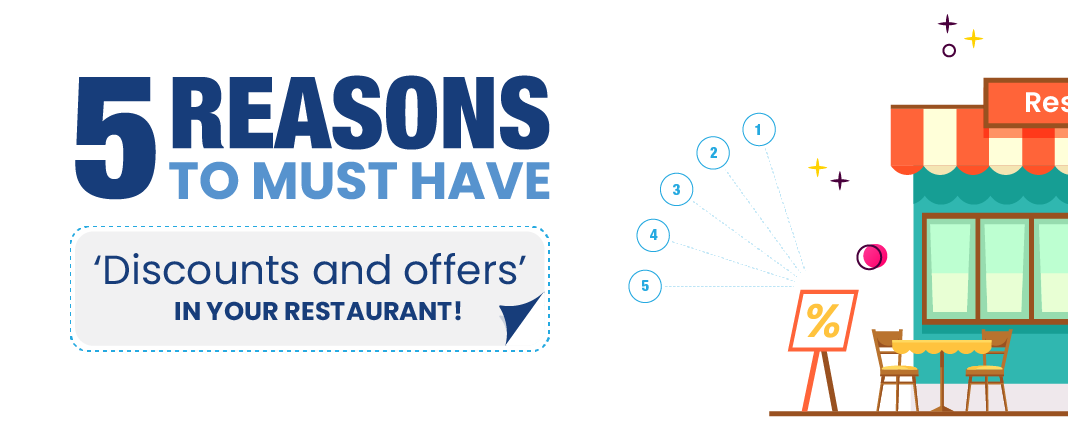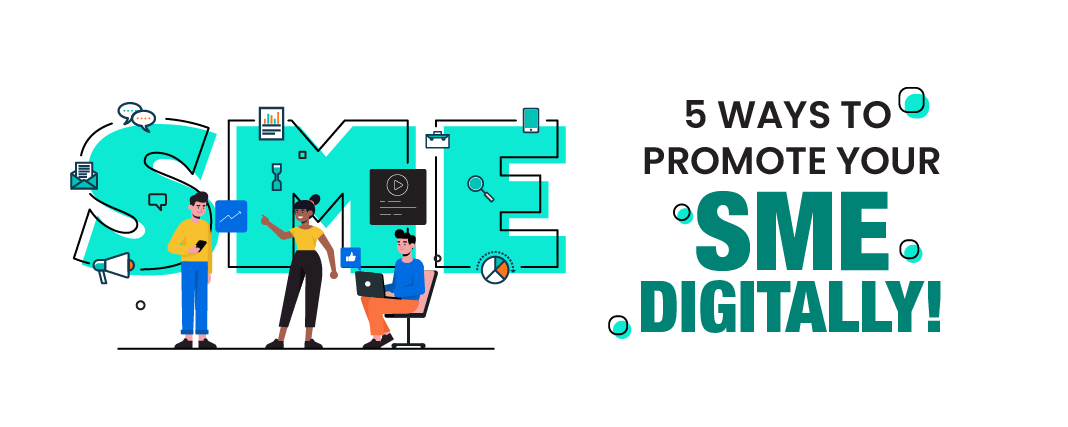
Maximizing Sales Funnel Efficiency with CRM Strategies
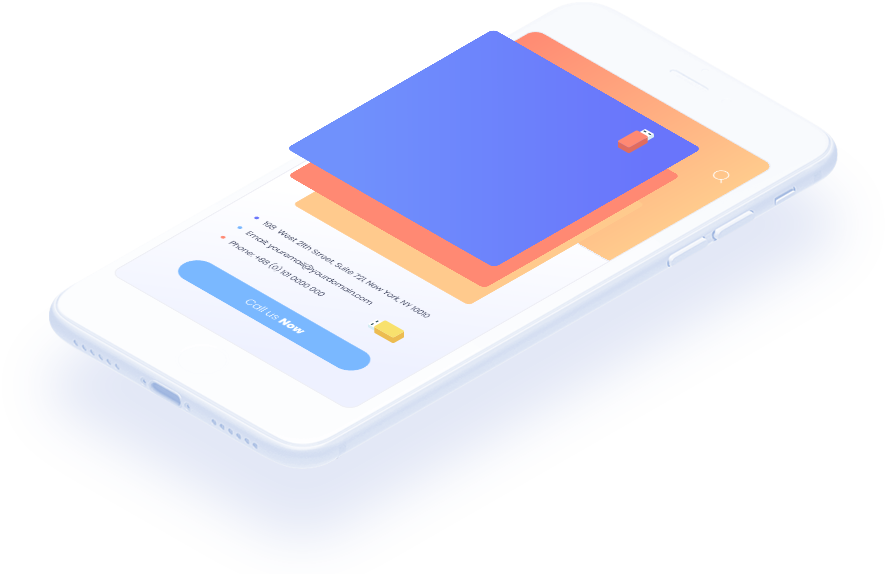
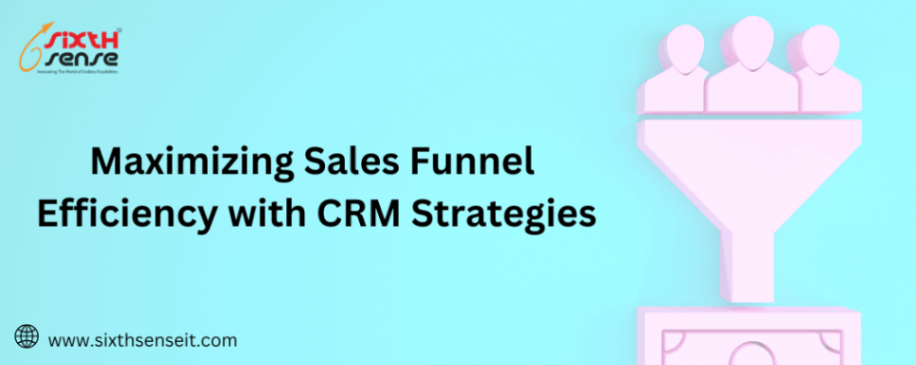
A sales funnel is a conceptual framework that represents the journey a potential customer takes from the initial awareness of a product or service to making a purchase. It's called a "funnel" because, like the shape suggests, it starts with a broad audience at the top and narrows down as individuals progress through various stages.
At the top of the funnel, people become aware of a product or service through marketing, advertising, or other means. As they move down the funnel, they show increasing interest, engage with more specific information, consider their options, and eventually make a buying decision.
The stages typically include awareness, interest, consideration, intent, and purchase. Each stage requires different marketing strategies and content to nurture and guide potential customers toward the final conversion. By understanding and optimizing this funnel, businesses can improve their sales and marketing efforts, ultimately leading to more successful customer acquisitions.
In business, it's all about people and the relationships you have with them. Understanding how people connect with others is crucial for raising awareness about your business. Many growing businesses face a common challenge - losing track of leads and forgetting to follow up. That's where a CRM funnel, or customer relationship management funnel, comes in. It's a user-friendly tool designed to assist freelancers and small businesses in capturing and managing leads, expanding their customer base, and boosting their business.
A CRM funnel is a sales approach used by business owners to monitor and engage with potential and existing customers. To build this funnel, you'll need reliable CRM software. It helps business owners keep tabs on sales history, conversations, promotions, and more. This way, you can identify who's genuinely interested in buying your product and who might not be so keen.
Importance of CRM Sales funnel The CRM (Customer Relationship Management) sales funnel is of utmost importance for businesses in several ways:
It helps in capturing, organizing, and tracking leads efficiently. By categorizing leads at different stages of the funnel, businesses can prioritize their efforts and resources to focus on leads that are most likely to convert into paying customers.
CRM sales funnels enable businesses to engage with leads and customers at every stage of their journey. This engagement can be personalized, ensuring that customers receive the right information and support at the right time.
A CRM sales funnel provides valuable data and insights into the performance of marketing and sales efforts. This data can be used to make informed decisions, optimize strategies, and allocate resources effectively.
By understanding where leads are dropping off in the funnel, businesses can identify bottlenecks and implement strategies to improve conversion rates. This leads to more efficient sales processes and increased revenue.
The CRM sales funnel doesn't end with the purchase. It continues to nurture and engage customers post-sale, leading to higher customer satisfaction and loyalty. Satisfied customers are more likely to become repeat buyers and brand advocates.
As businesses grow, managing leads and customers can become complex. CRM sales funnels provide a scalable framework to handle this growth while maintaining a personalized approach to customer interactions.
By targeting leads with higher conversion potential, businesses can reduce marketing and sales costs. They can allocate resources more effectively, ensuring a better return on investment.
Effective CRM sales funnel management can give businesses a competitive edge. It allows them to deliver superior customer experiences, tailor their offerings, and respond to market changes quickly.
CRM software is designed to streamline customer interactions, manage data, and enhance communication. When applied strategically within the sales funnel, CRM becomes a powerful tool for maximizing efficiency and conversions. Let's explore how CRM strategies can impact each stage of the sales funnel:
1. Awareness StageAt the top of the funnel, your primary goal is to generate awareness about your brand and offerings. CRM can assist in this phase by:
2. Interest and Consideration StagesAs prospects move deeper into the funnel, CRM continues to play a crucial role:
3. Intent and Purchase StagesWhen leads reach the bottom of the funnel, CRM strategies are crucial for sealing the deal:
Implementing CRM for Sales Funnel OptimizationTo harness the full potential of CRM for sales funnel optimization, consider the following steps:
Select a CRM system that aligns with your business's needs and goals. It should offer the features necessary for effective lead management, automation, and reporting.
Ensure that your CRM system integrates seamlessly with other business tools, such as email marketing software and project management platforms.
Provide comprehensive training to your sales and marketing teams. They should be well-versed in using CRM effectively to maximize its benefits.
Establish clear workflows within your CRM system. Define how leads are captured, nurtured, and handed off to the sales team.
Continuously monitor and analyze CRM data. Identify areas for improvement and adjust your strategies accordingly.
Use CRM to gather customer feedback and incorporate it into your processes. Happy customers are more likely to convert and remain loyal.The Future of CRM in Sales Funnel OptimizationAs businesses strive to better understand their customers' behavior and preferences, CRM will continue to be a top priority.
The future of CRM lies in further integration with emerging technologies, such as artificial intelligence and machine learning. These technologies will provide even more advanced insights, personalization, and automation, further enhancing sales funnel efficiency.
In the Conclusion fast-paced world of business, optimizing your sales funnel is essential for sustainable growth. CRM strategies, when effectively implemented, can transform your lead management, boost productivity, and increase customer satisfaction. By choosing the right CRM software, integrating it with existing tools, and continuously analyzing data, you can stay ahead of the competition and unlock your business's full potential. As the CRM landscape evolves, embracing emerging technologies will be key to staying at the forefront of sales funnel optimization.


